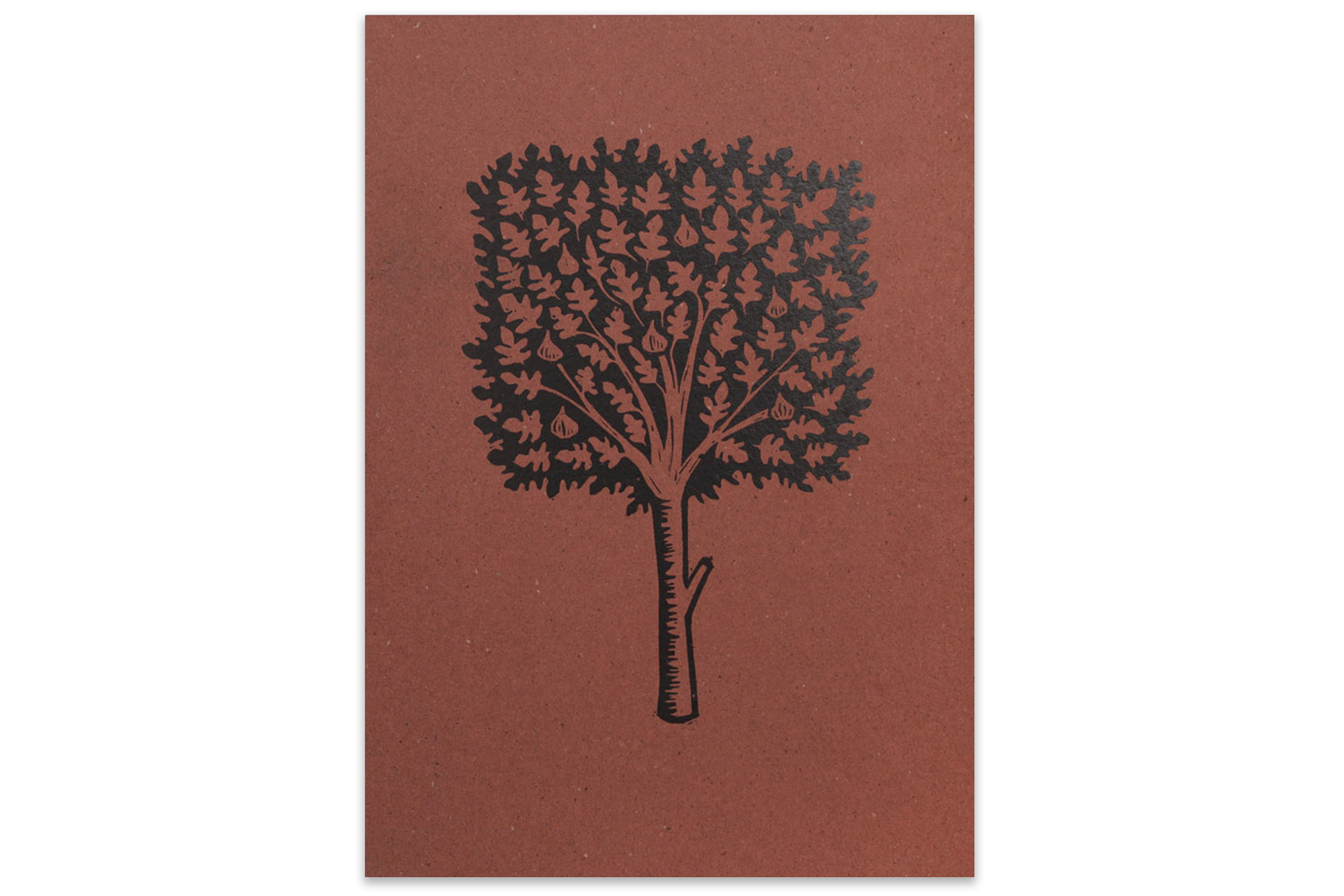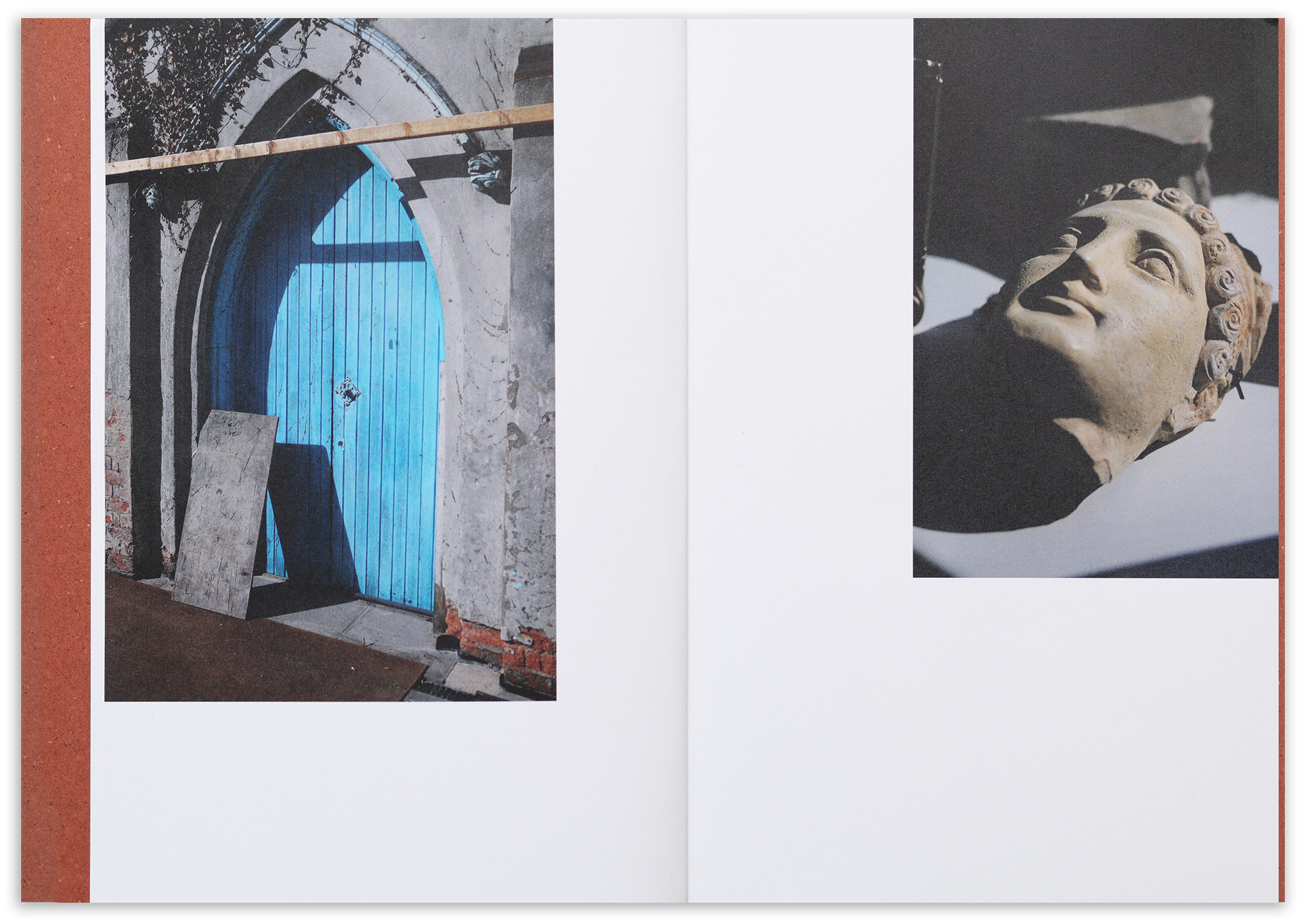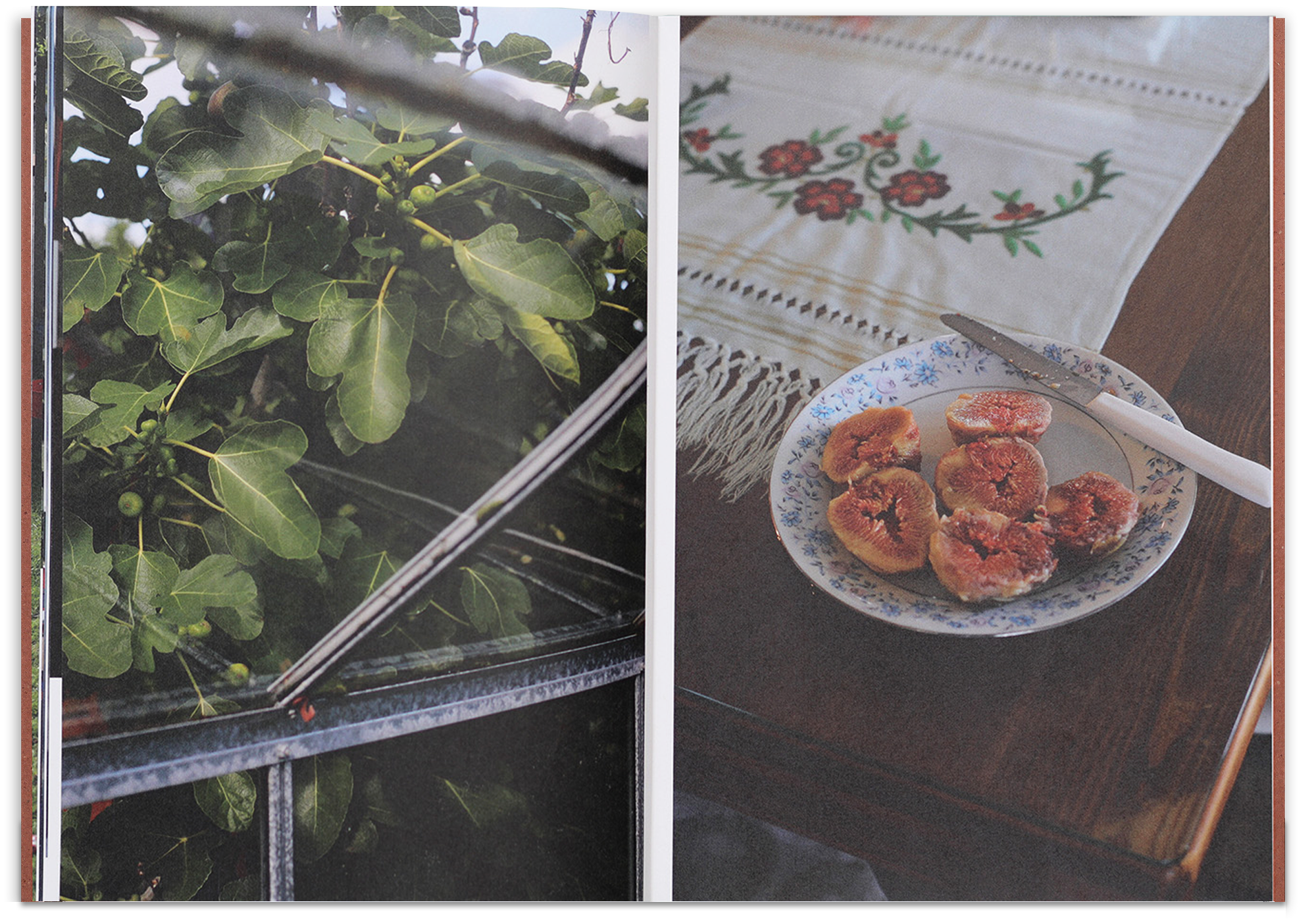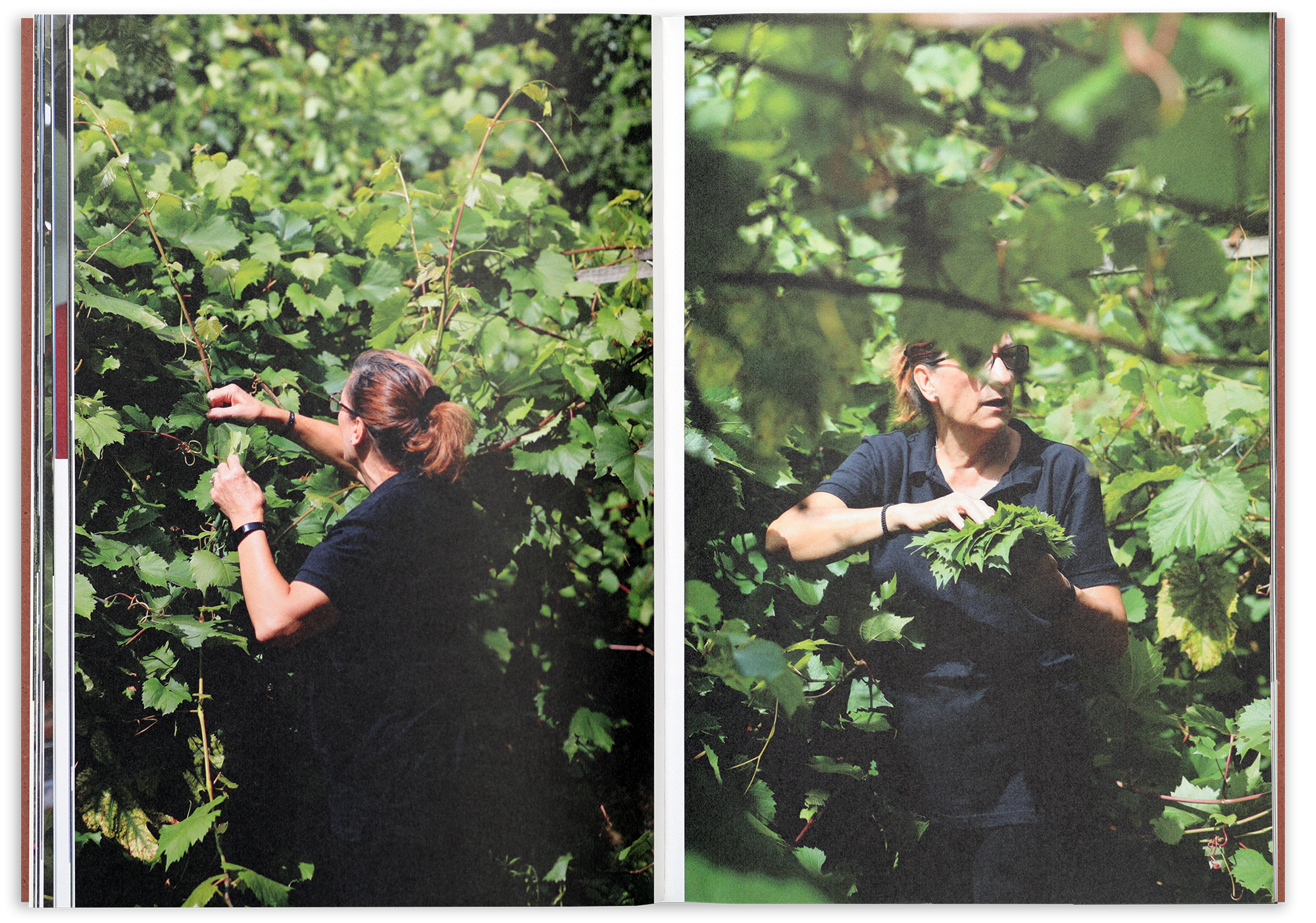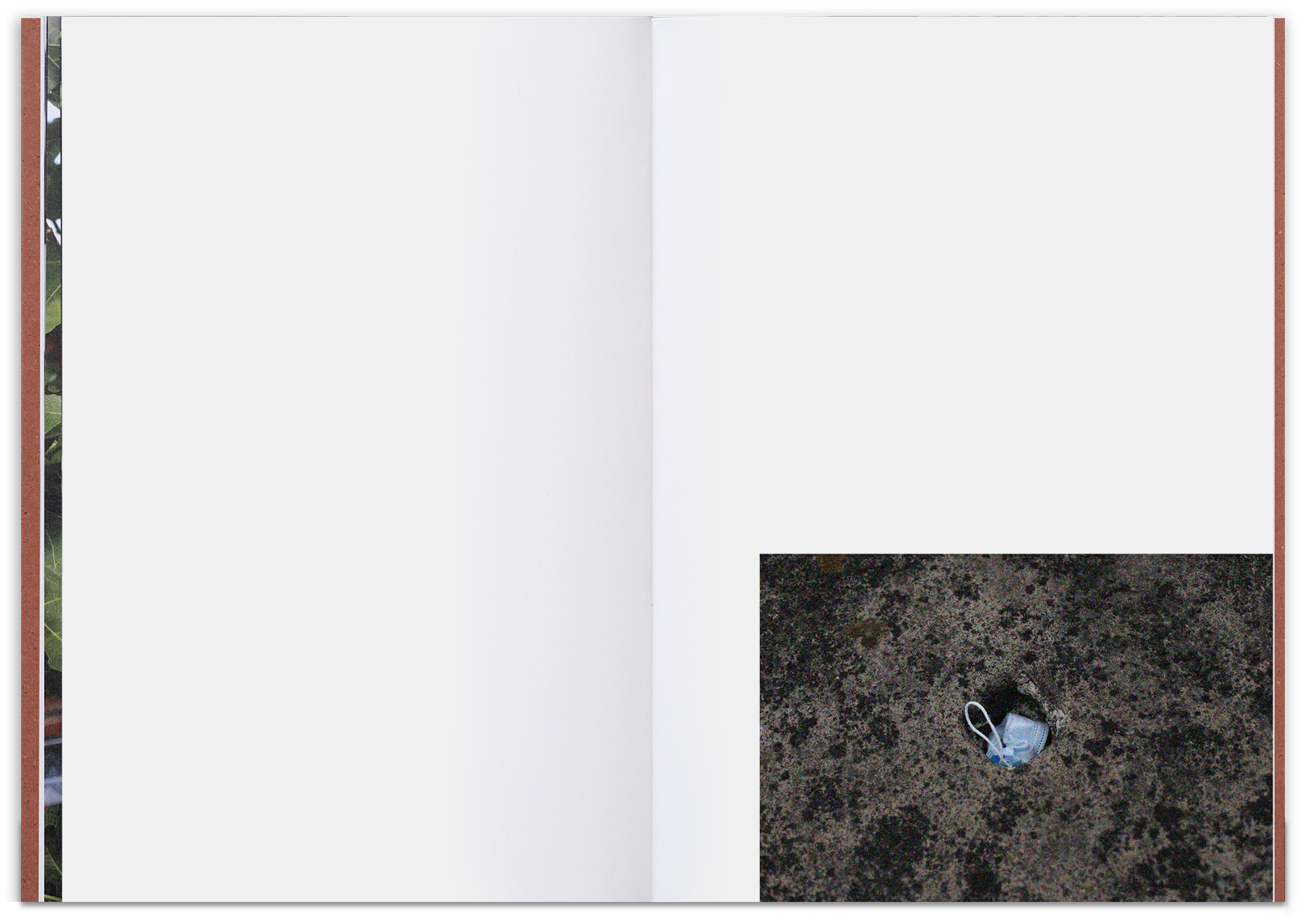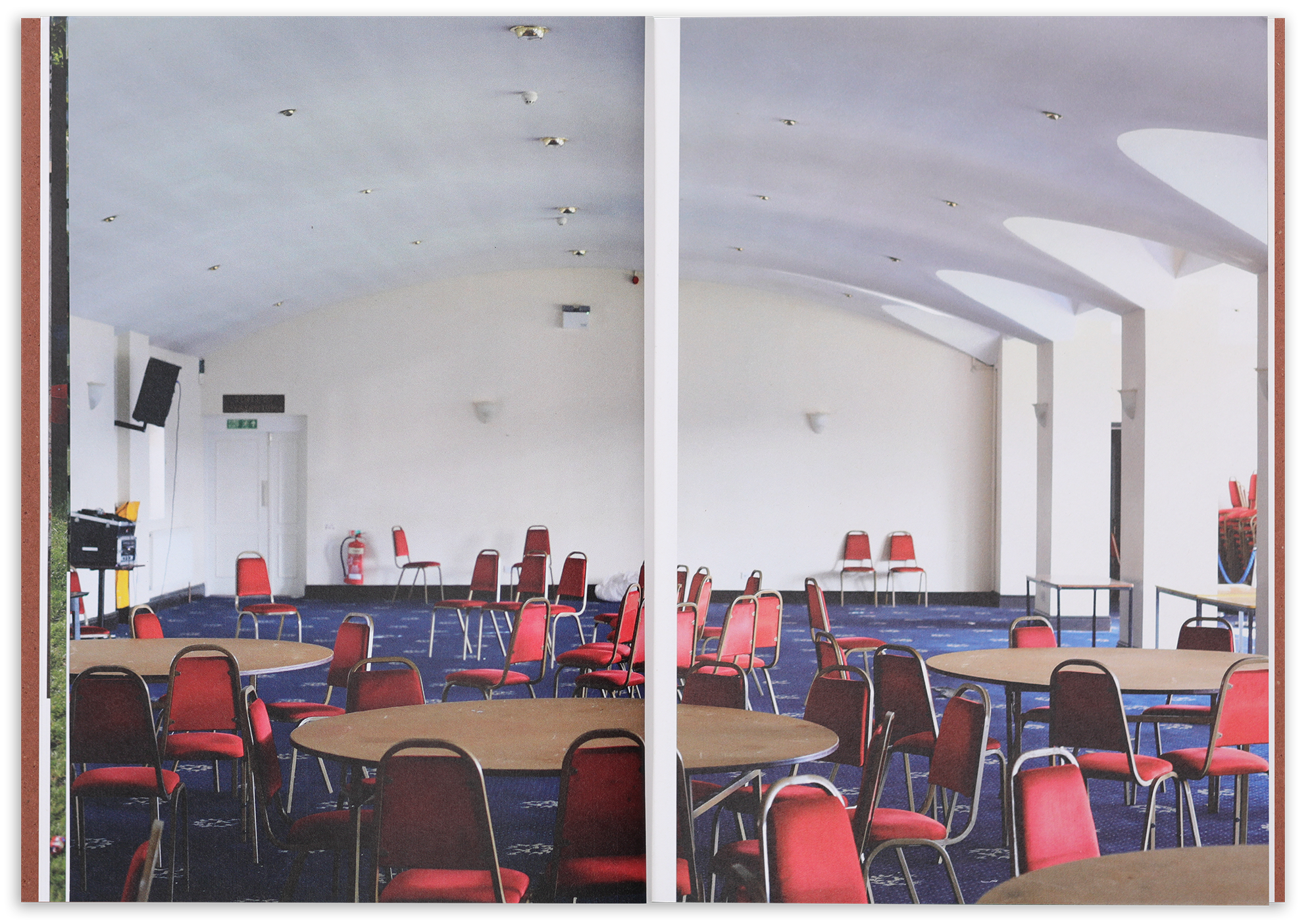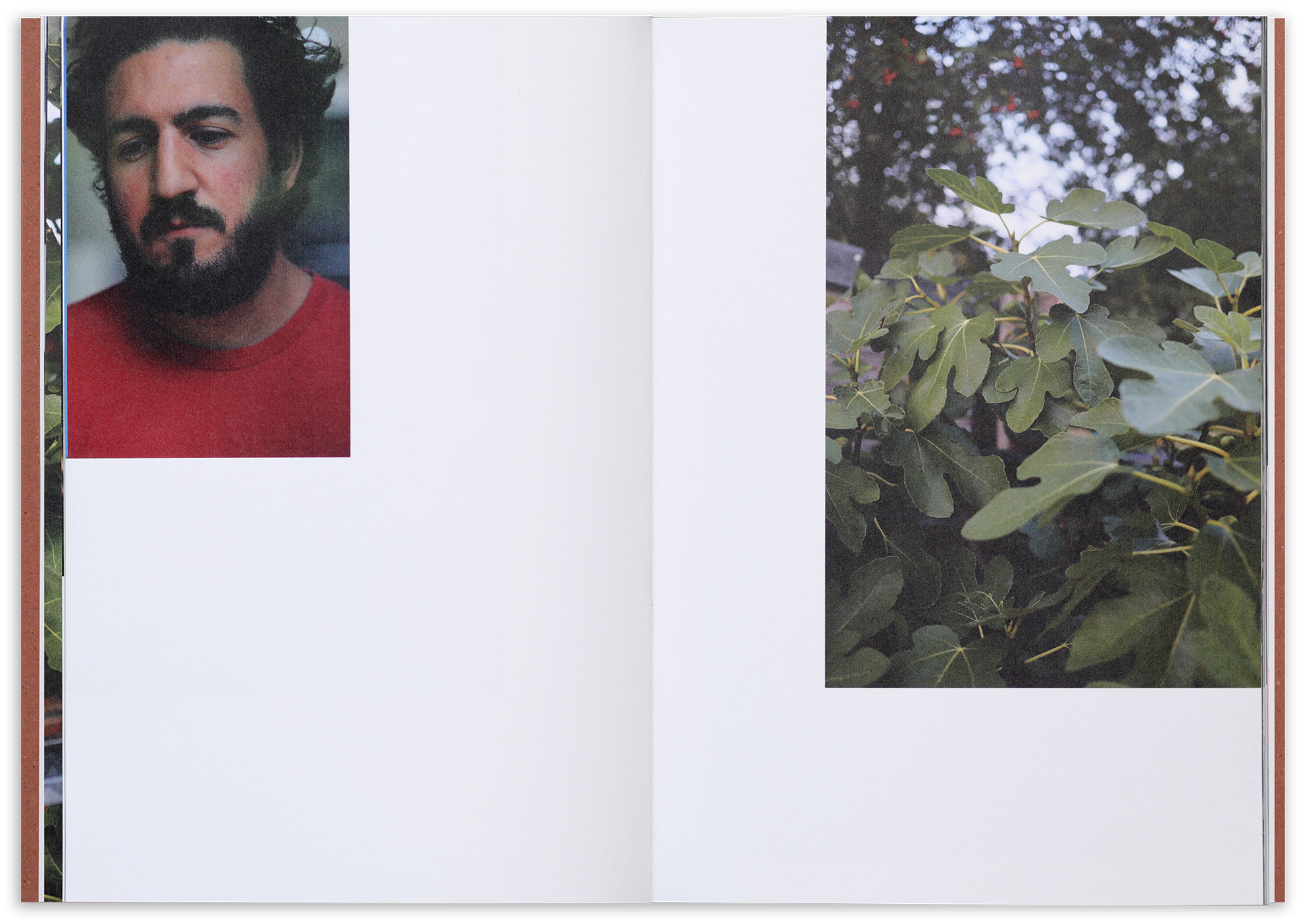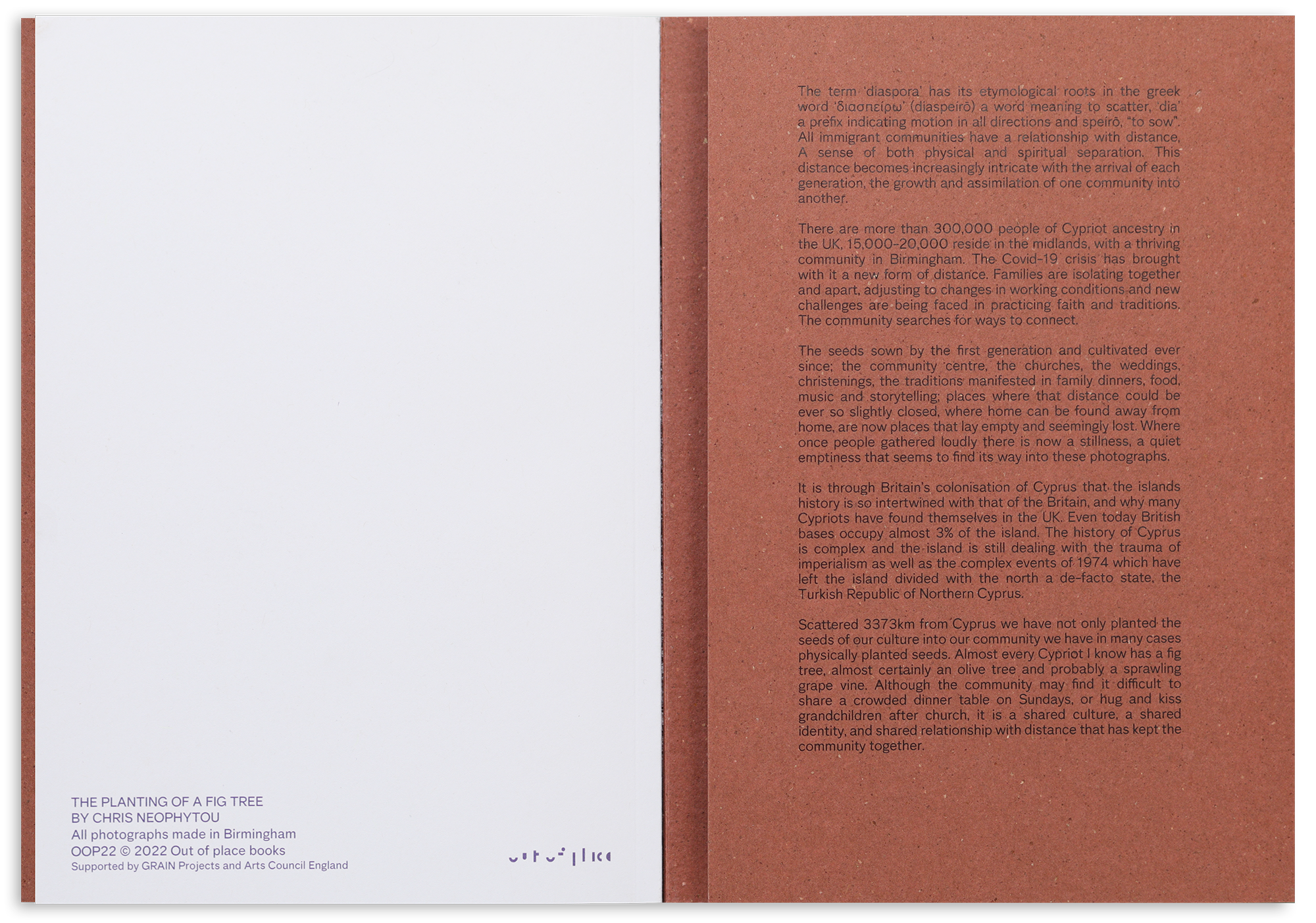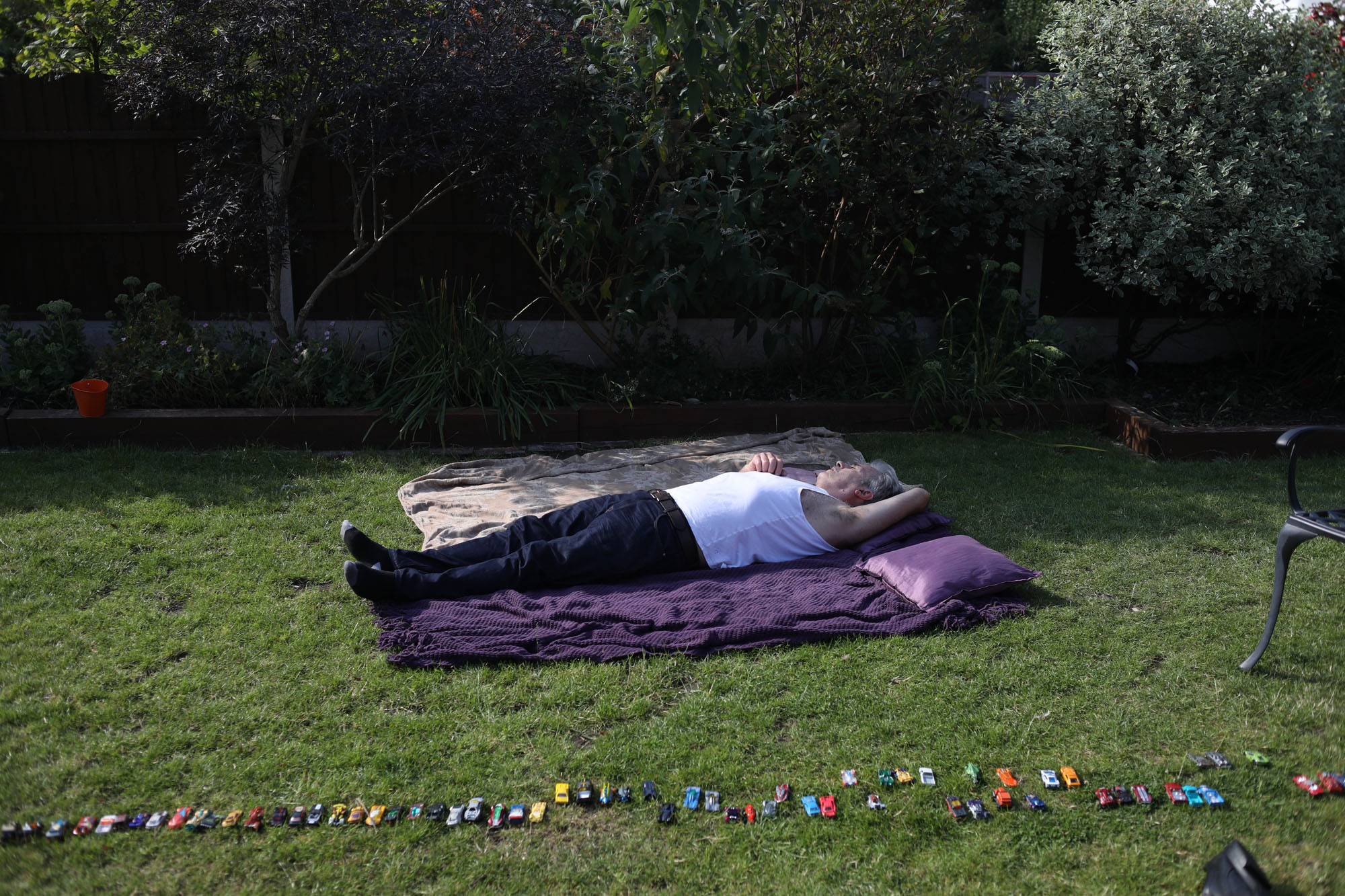
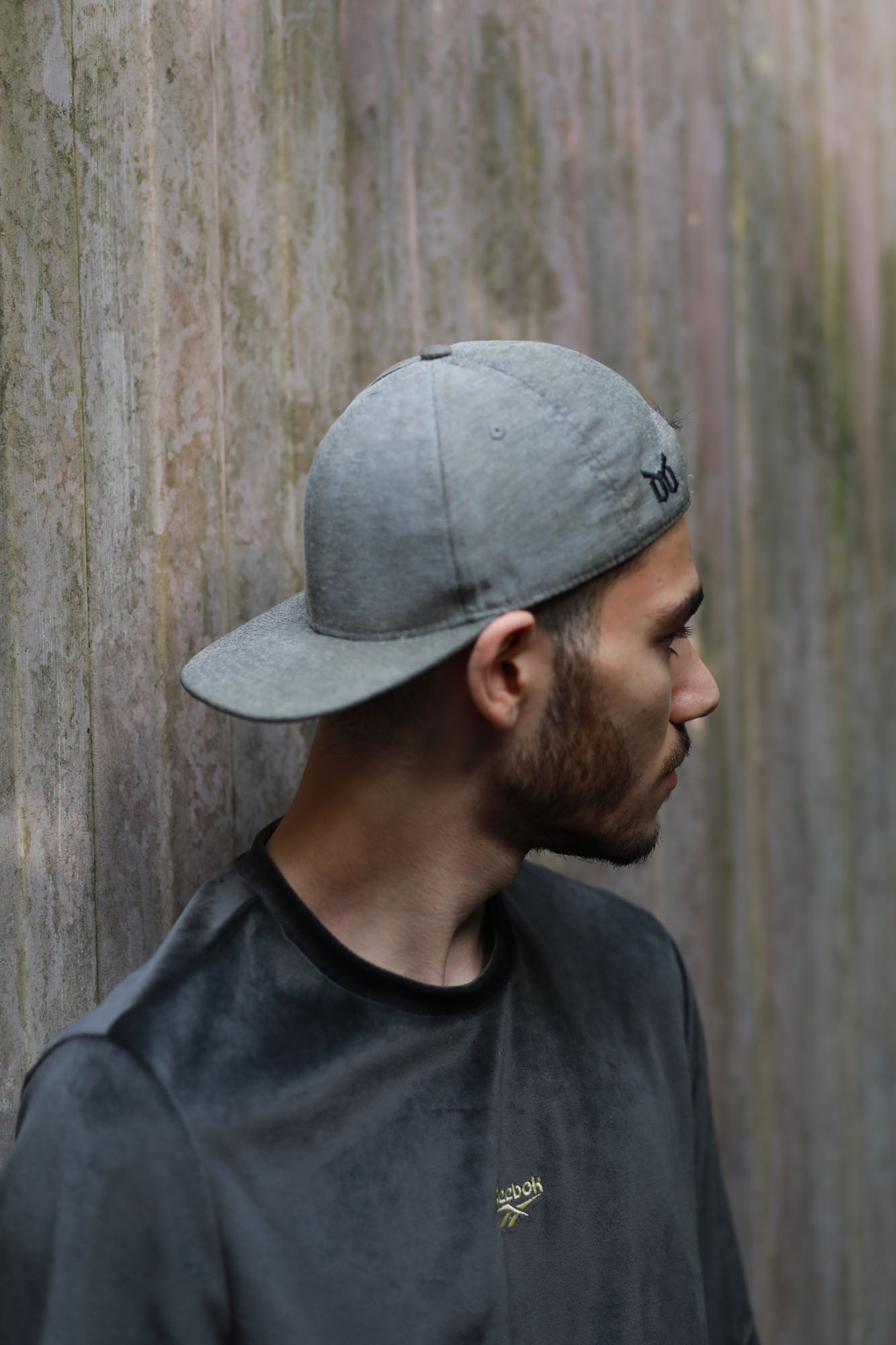
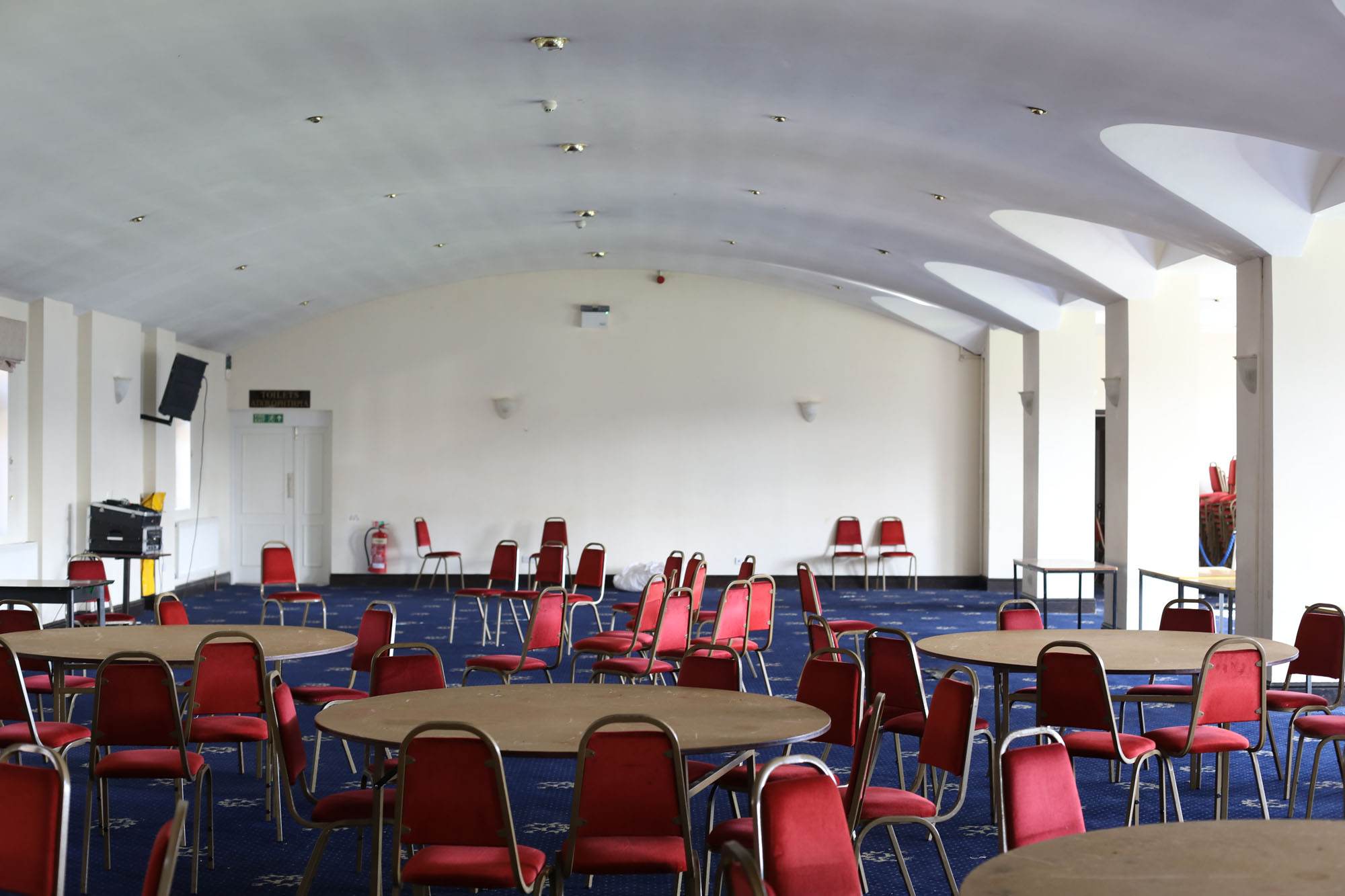



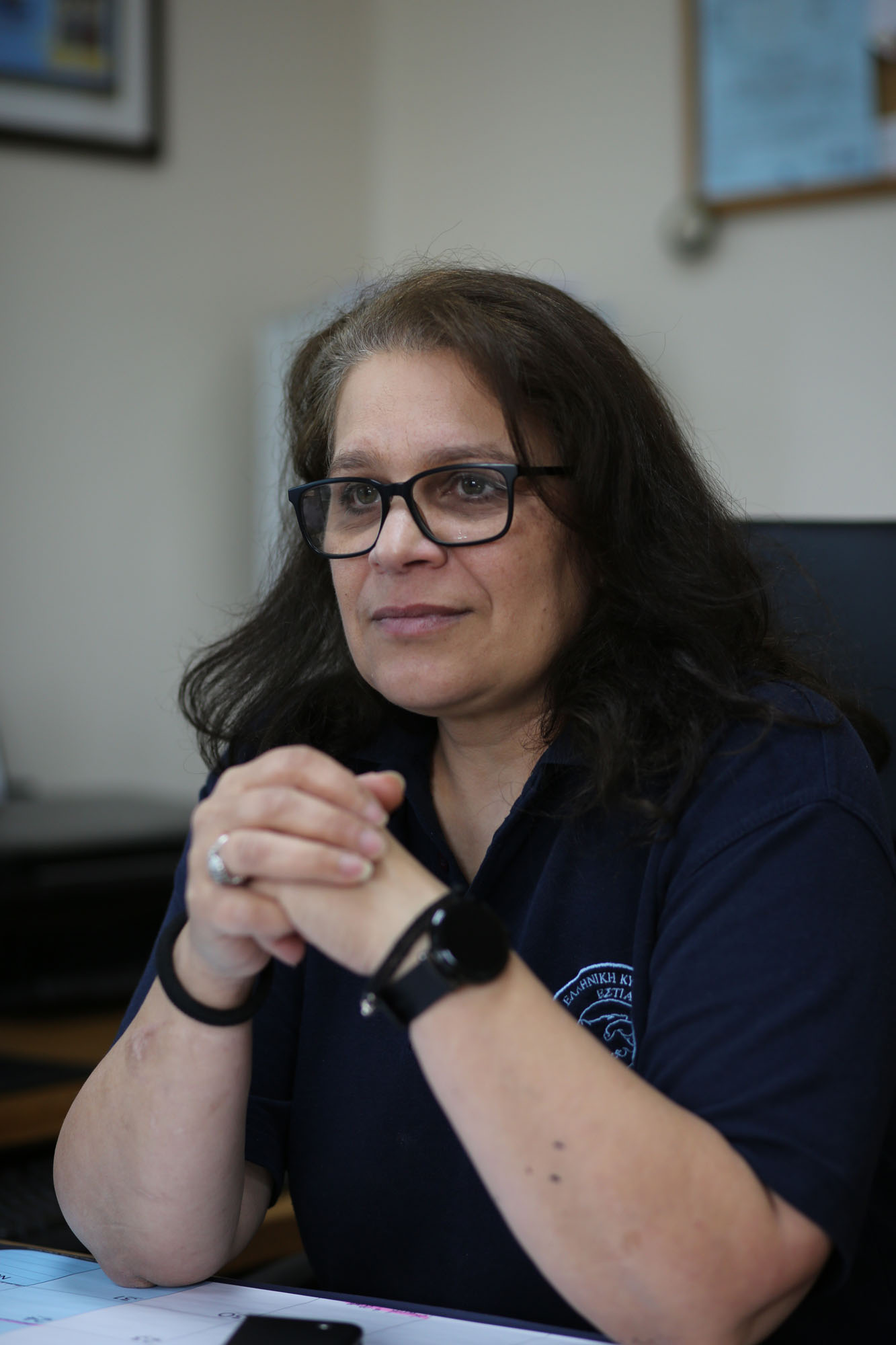
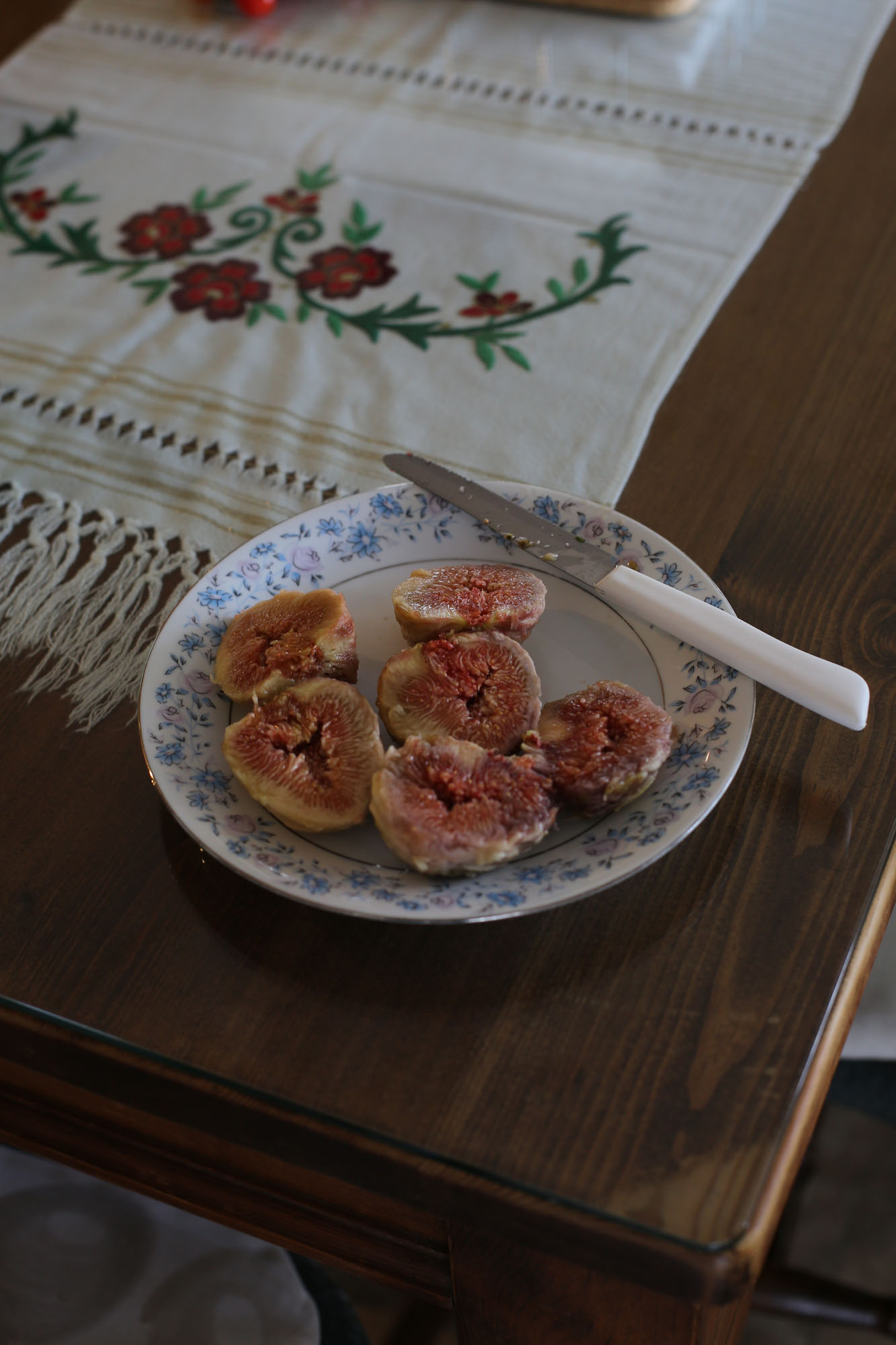

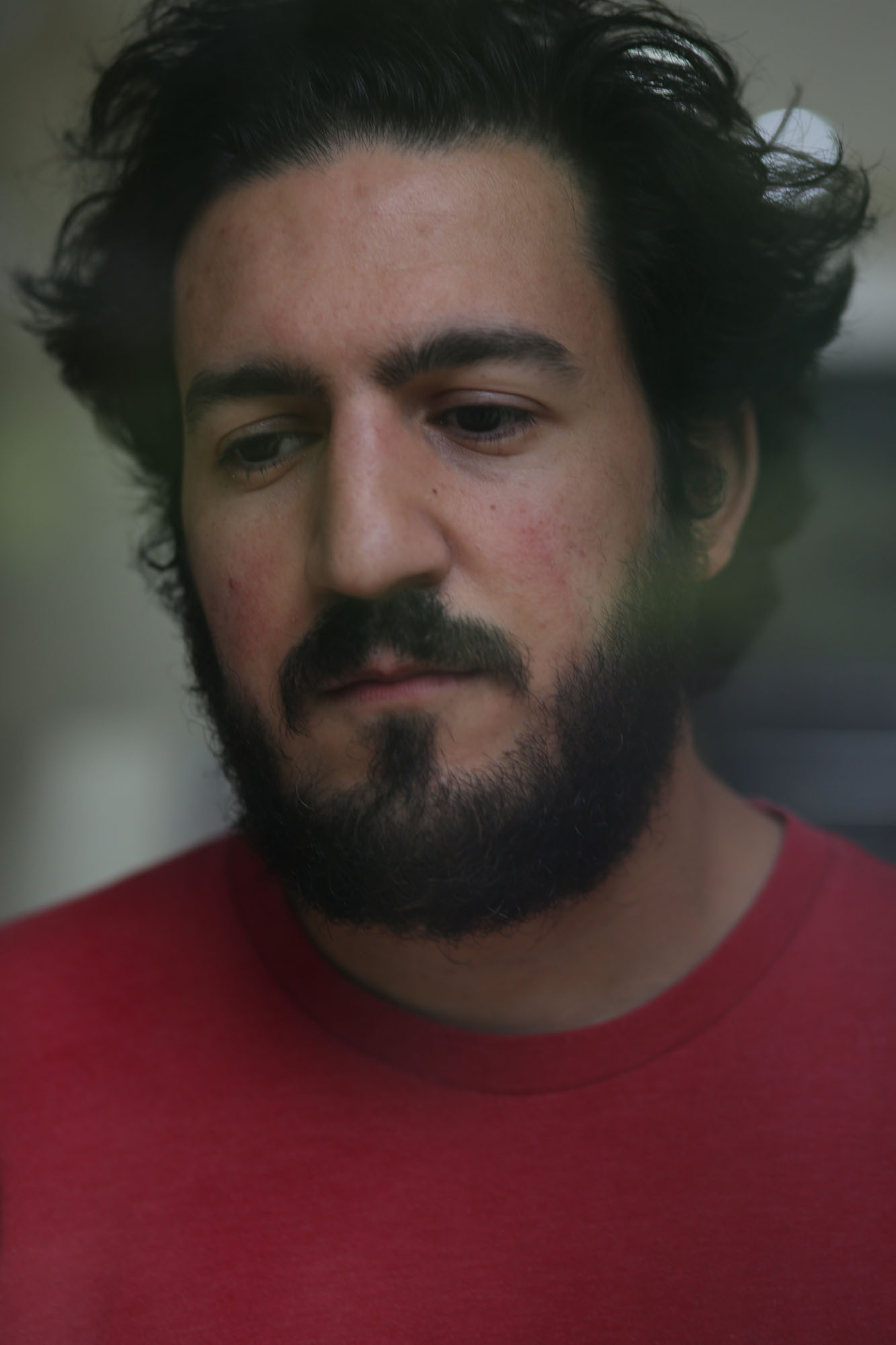
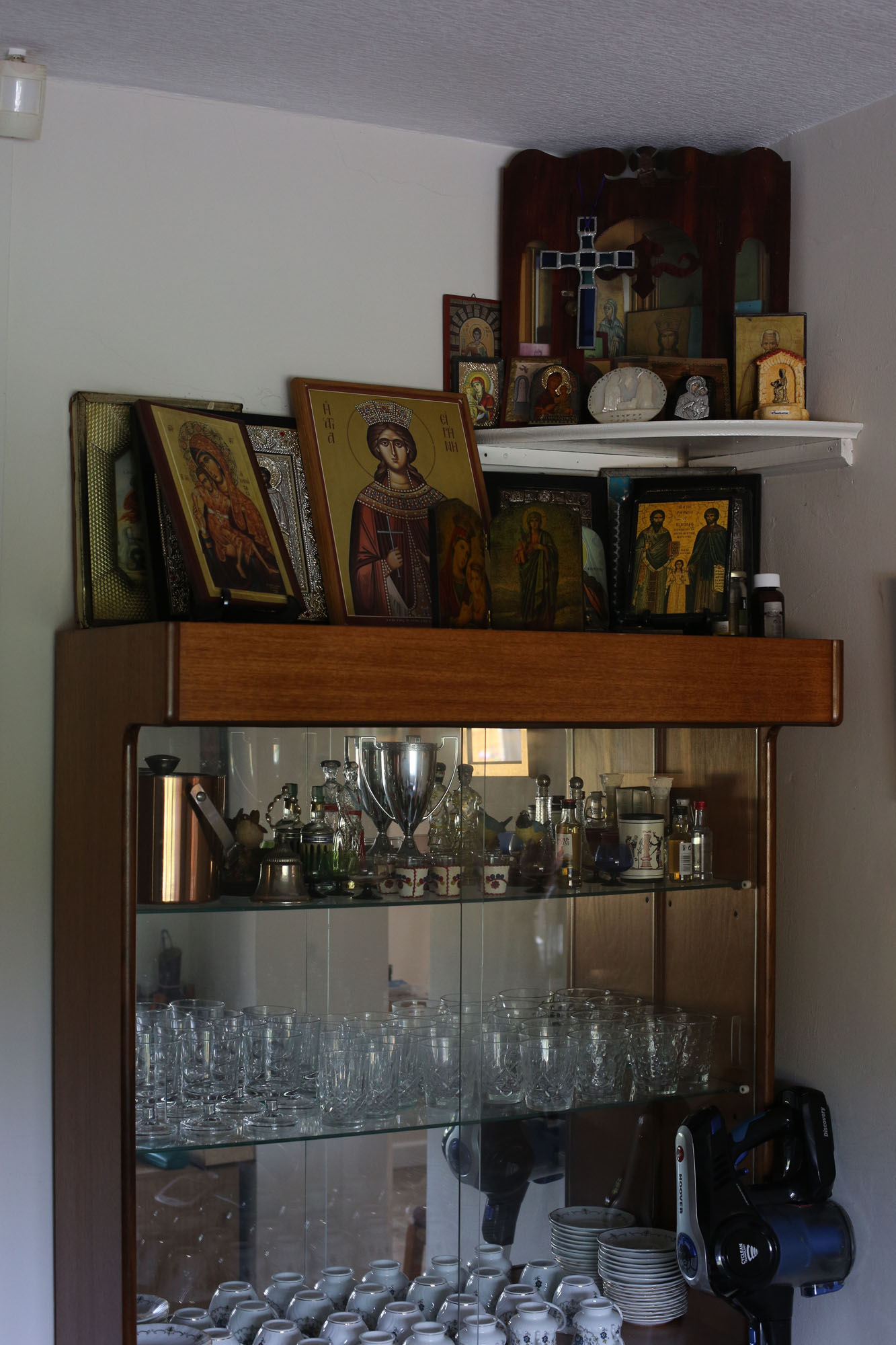
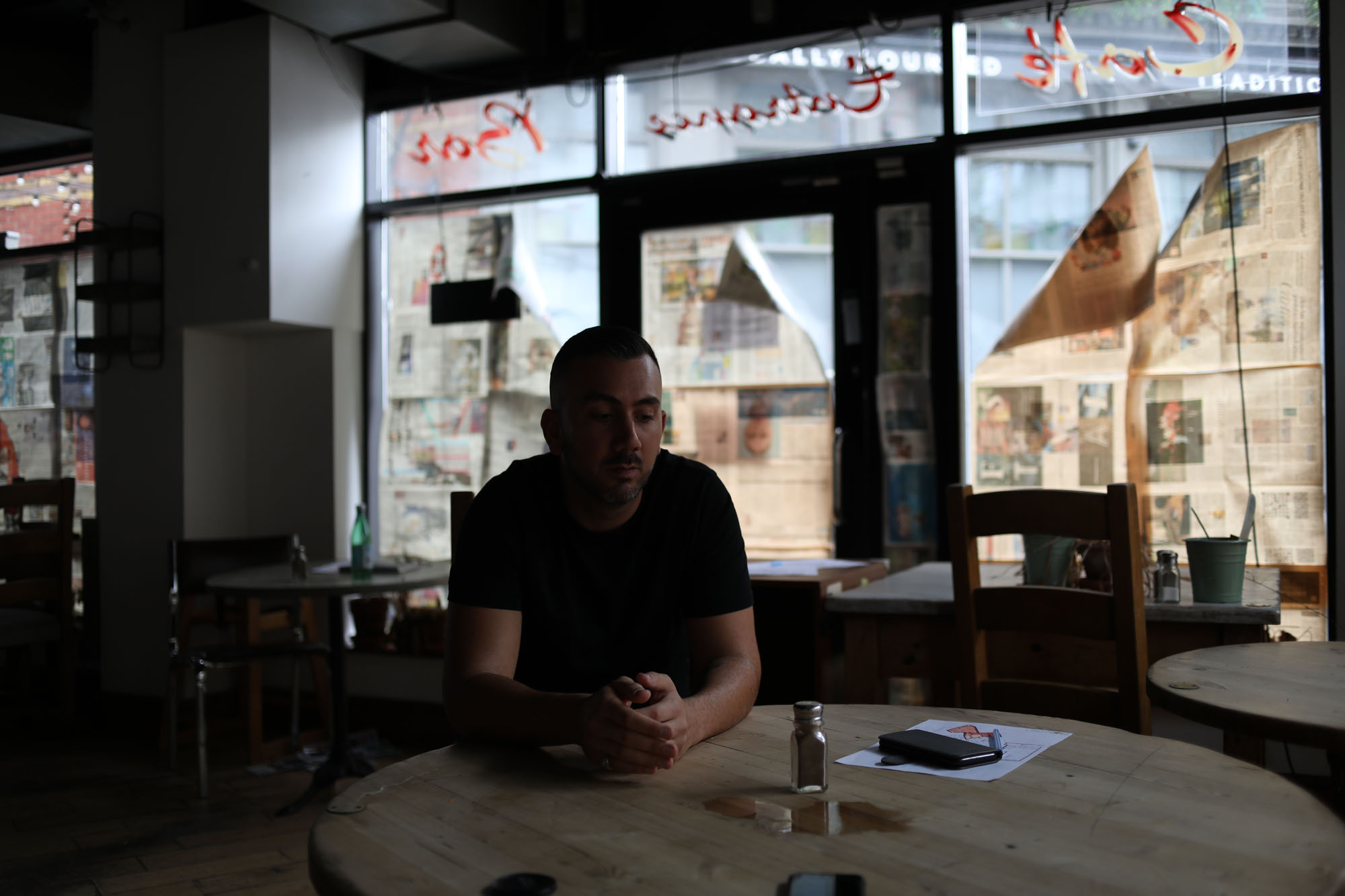
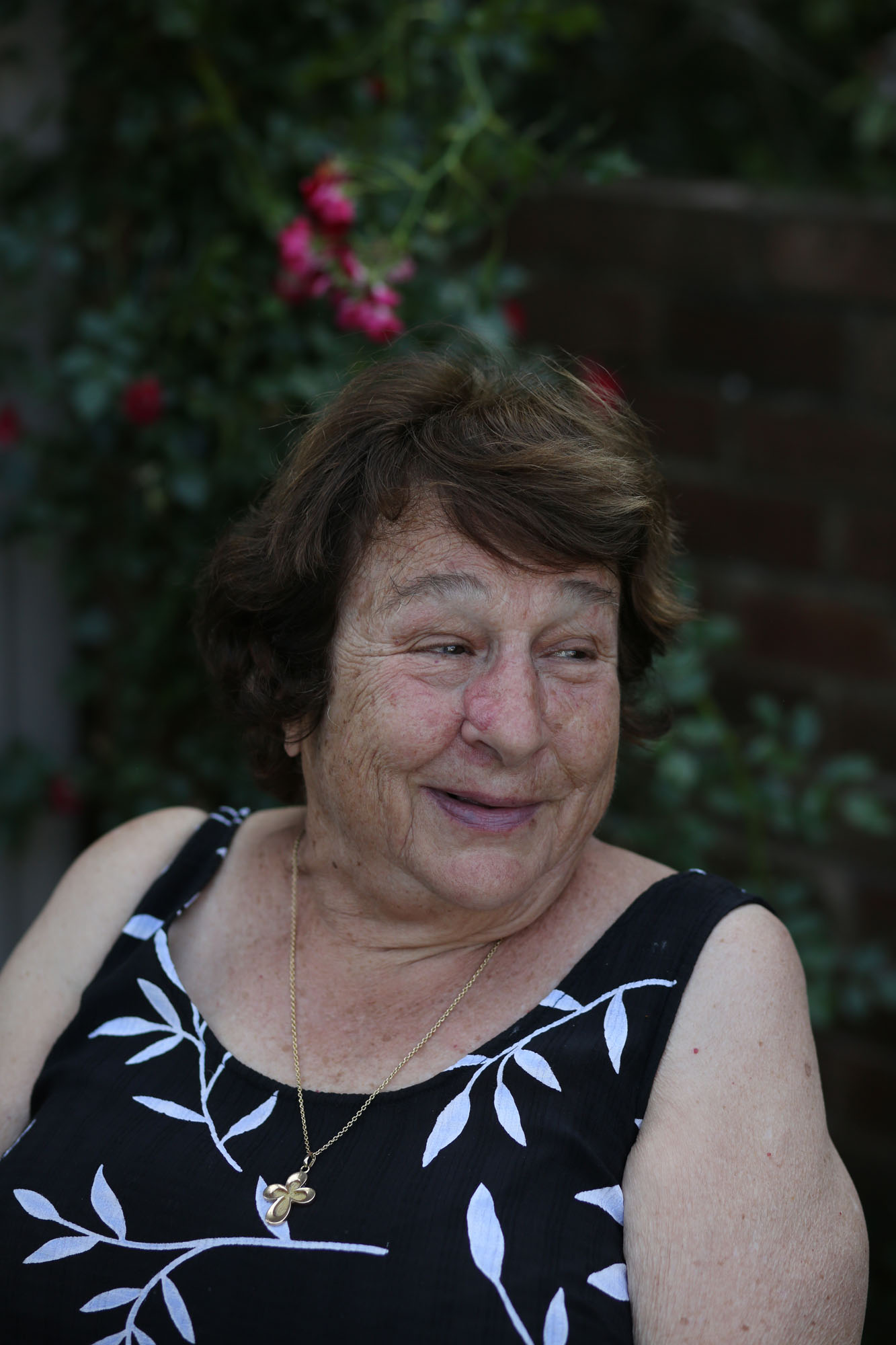
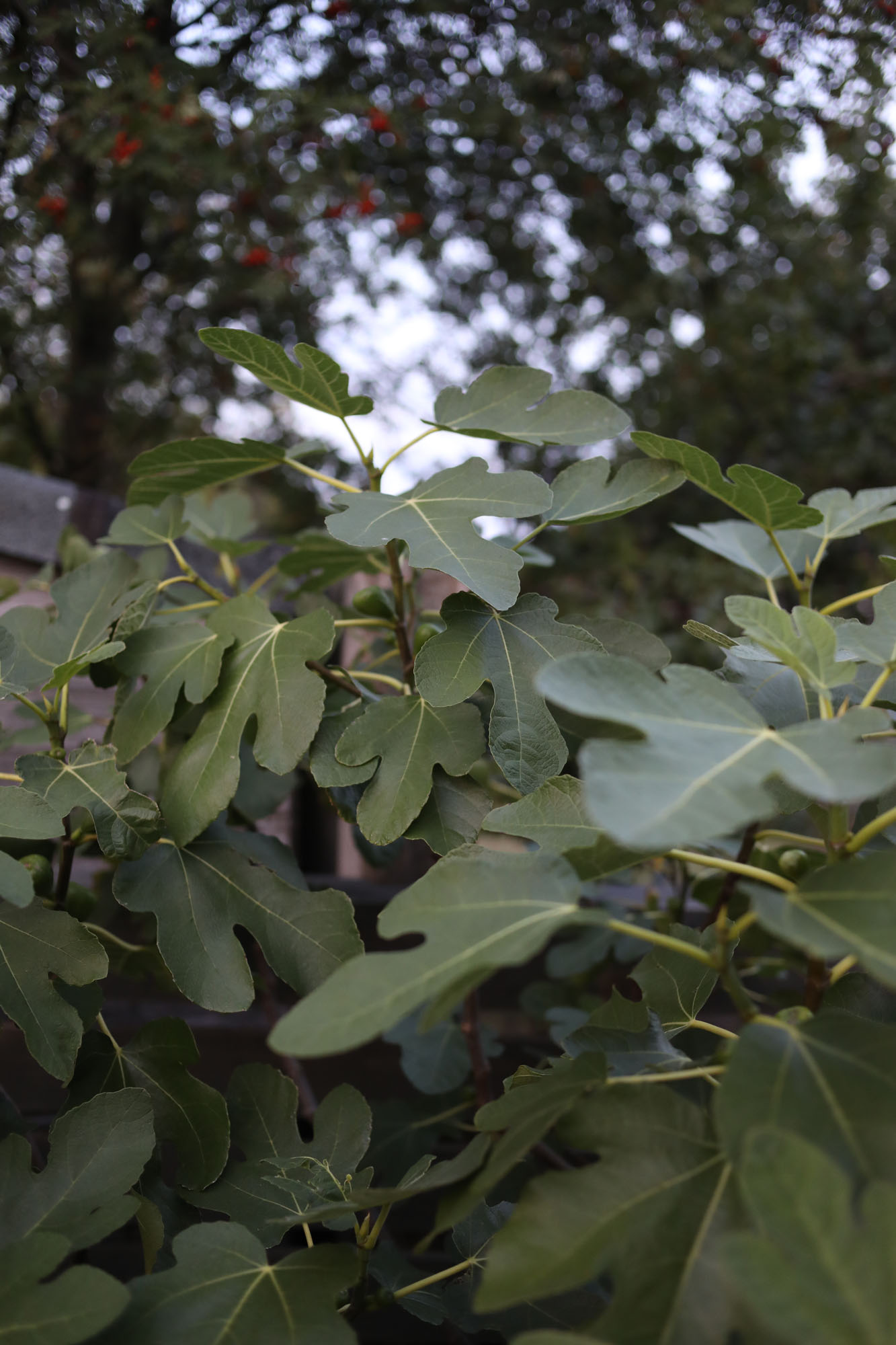

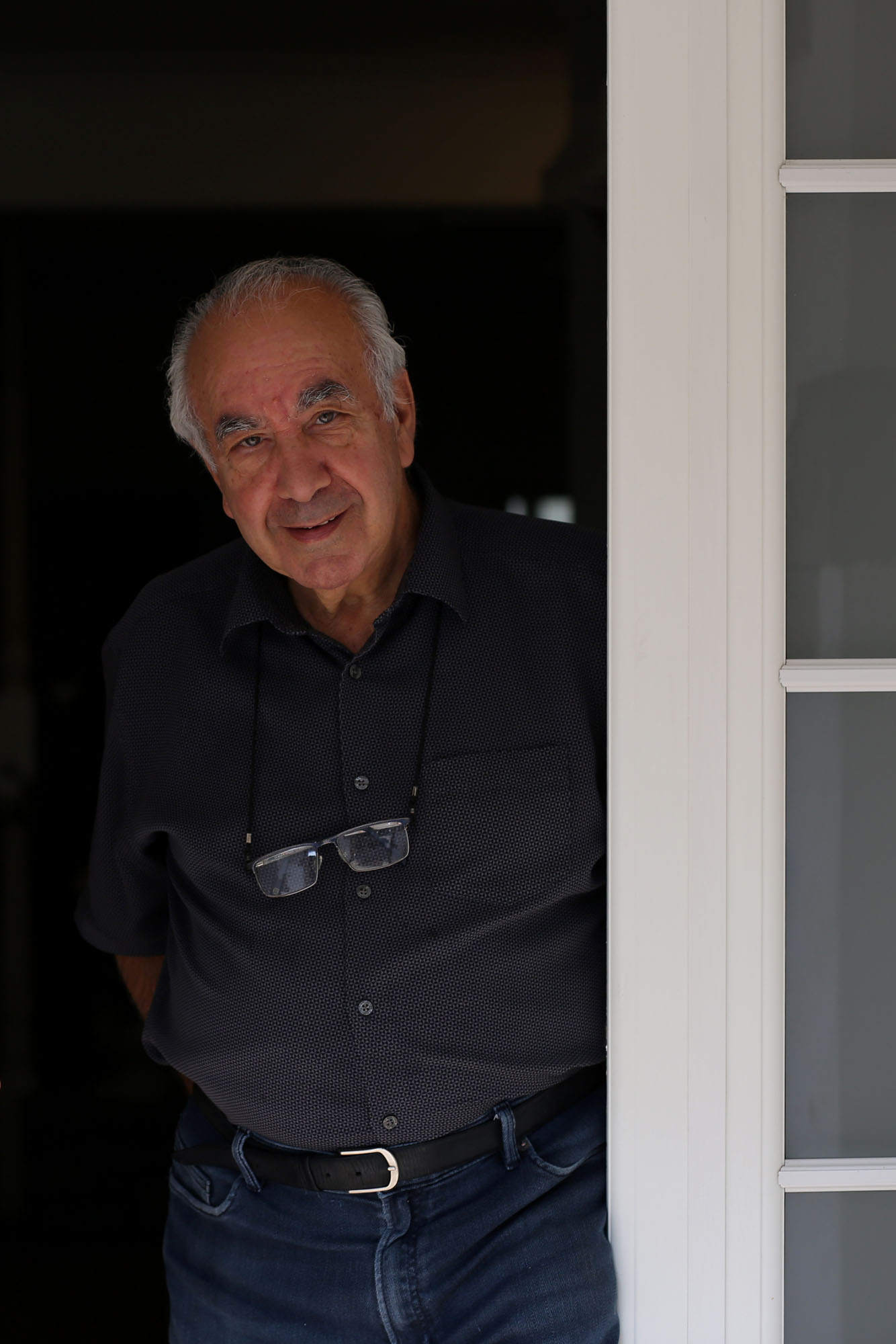

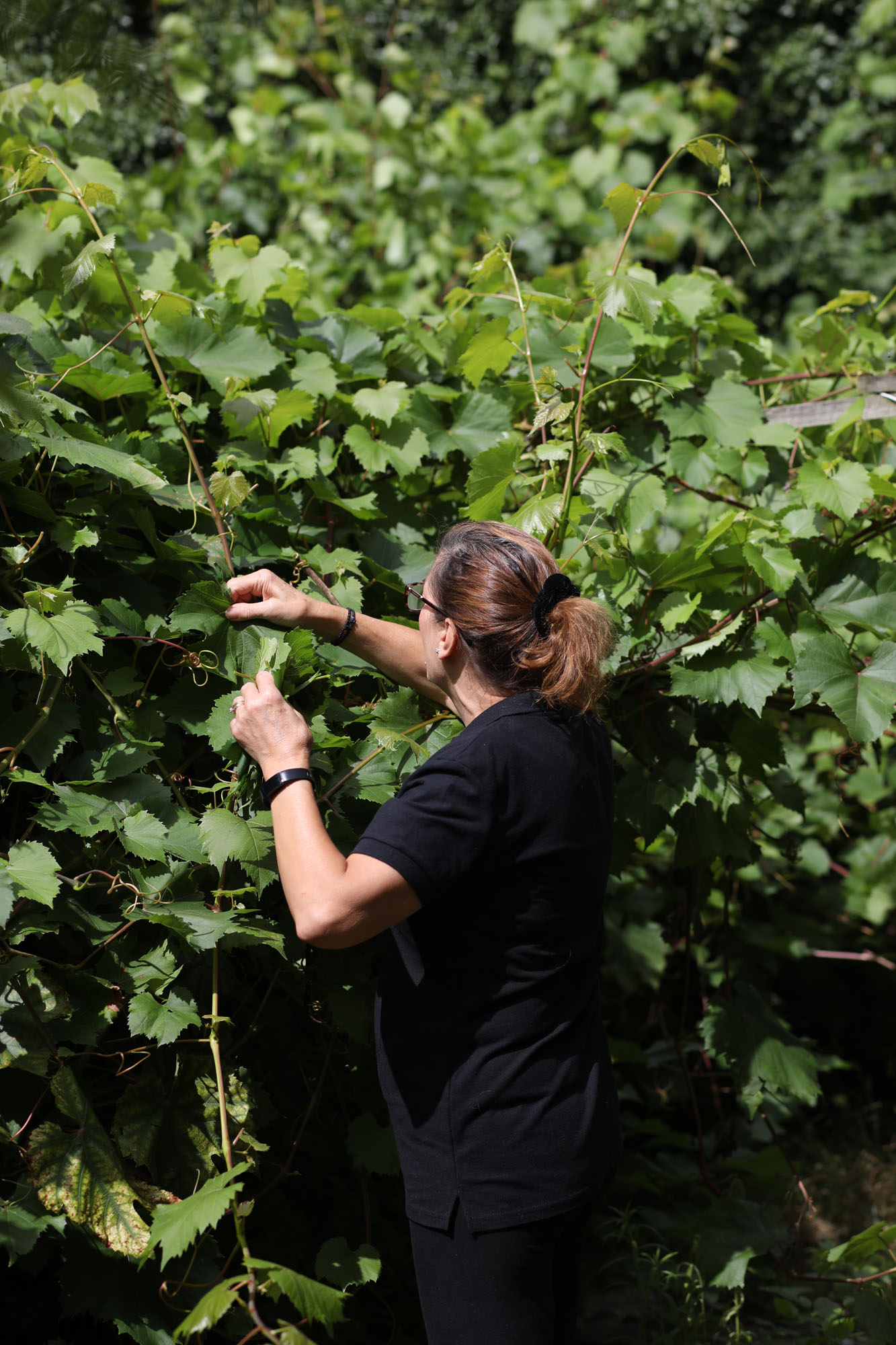
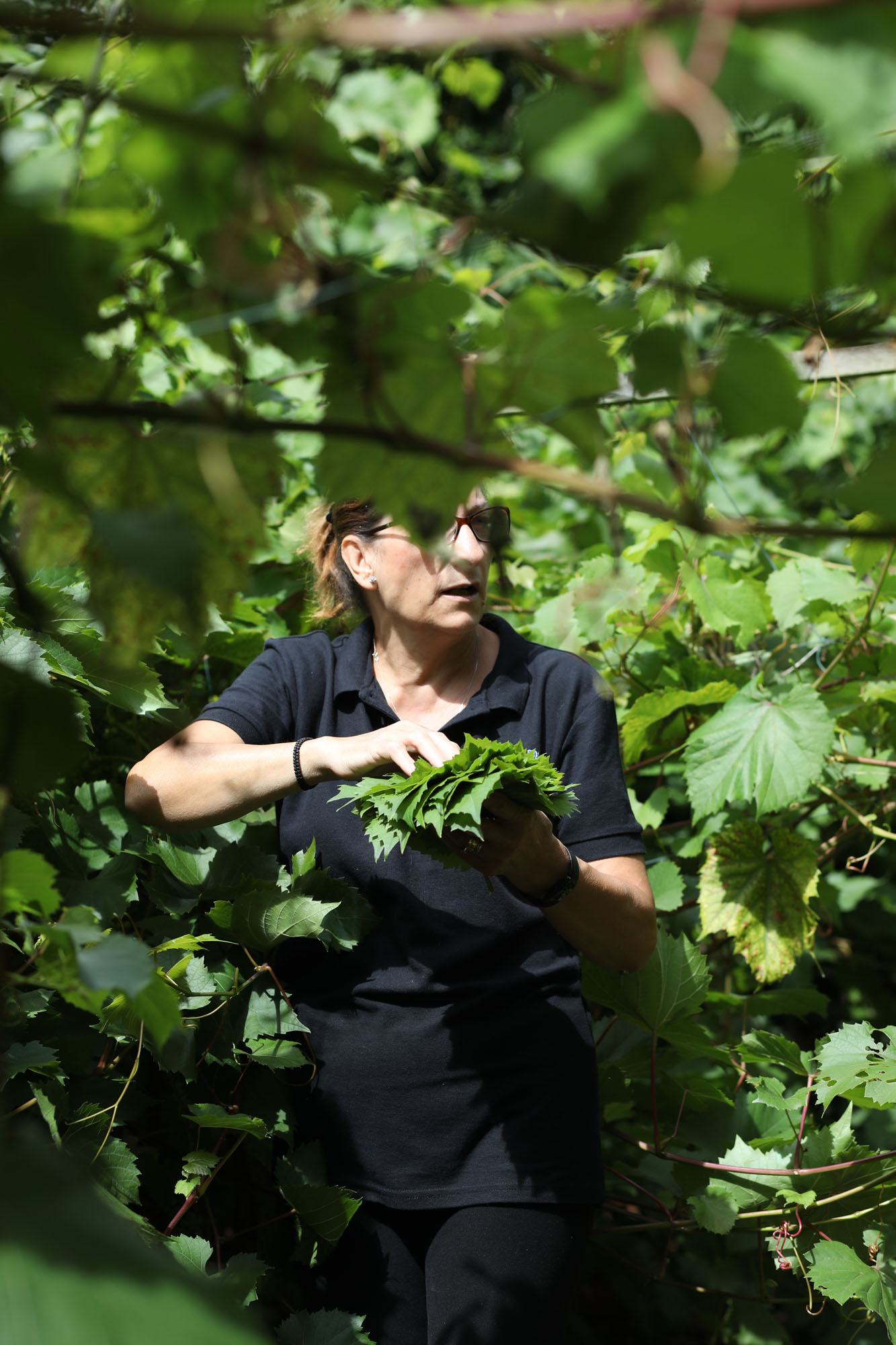
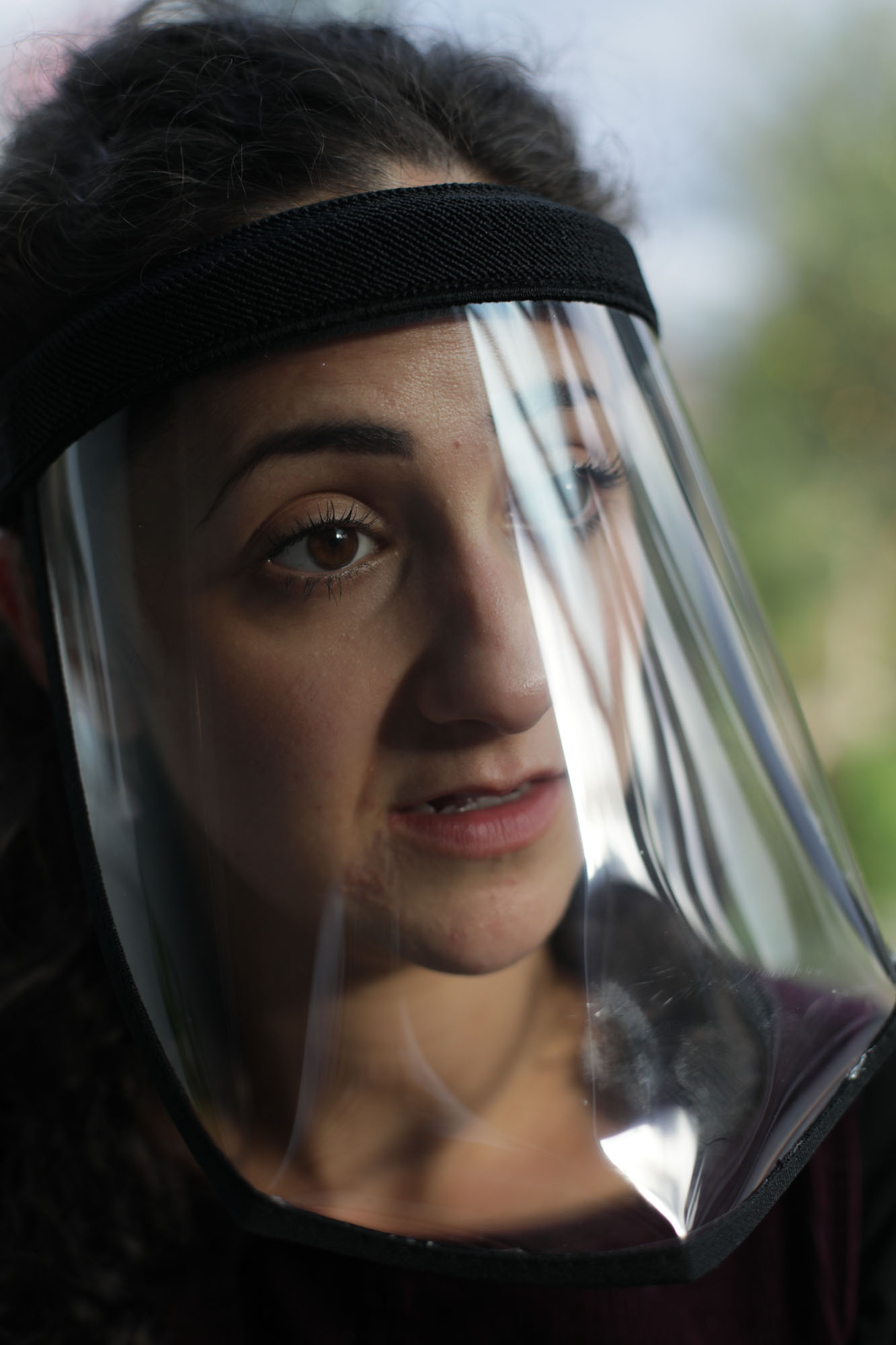
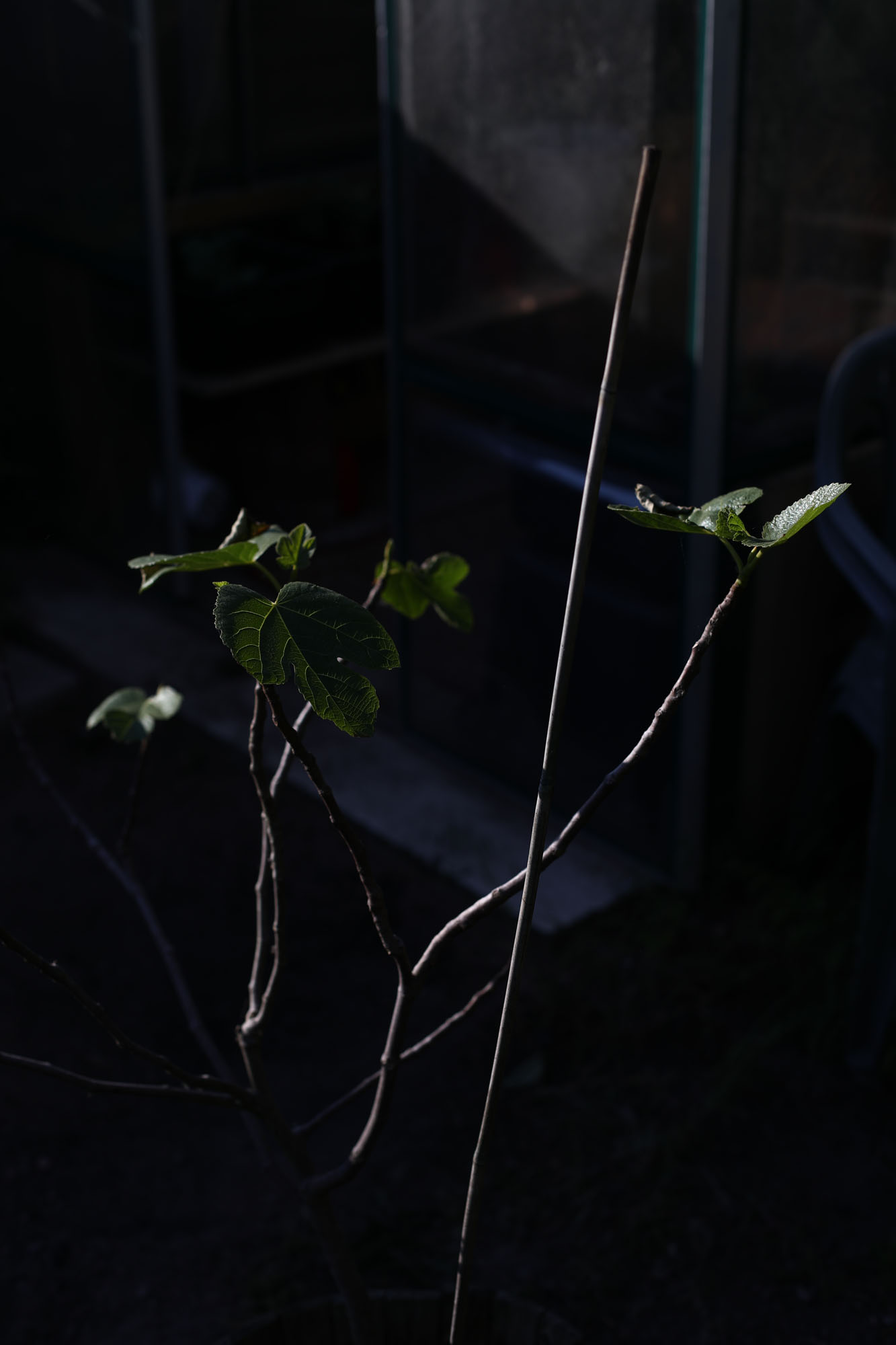

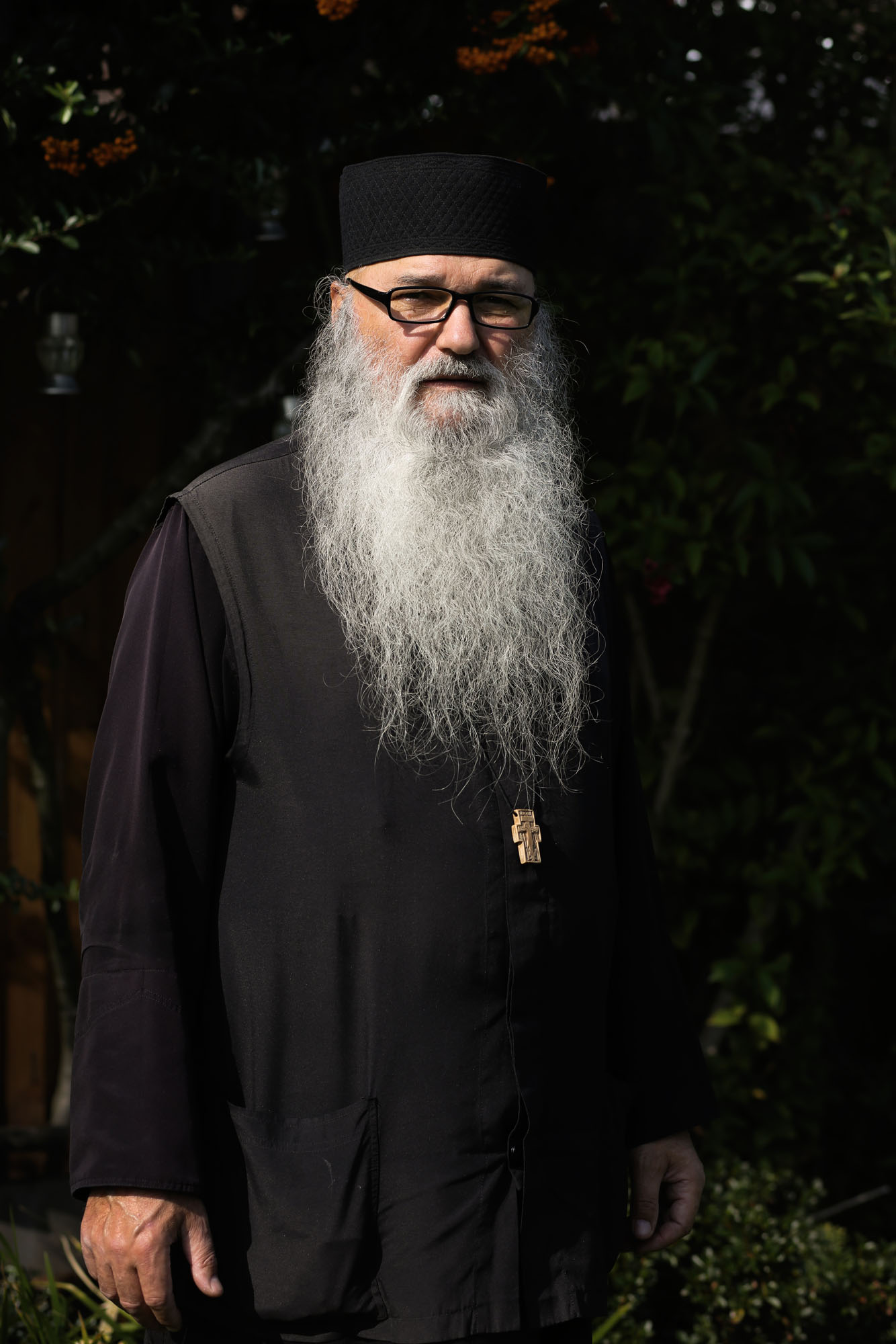
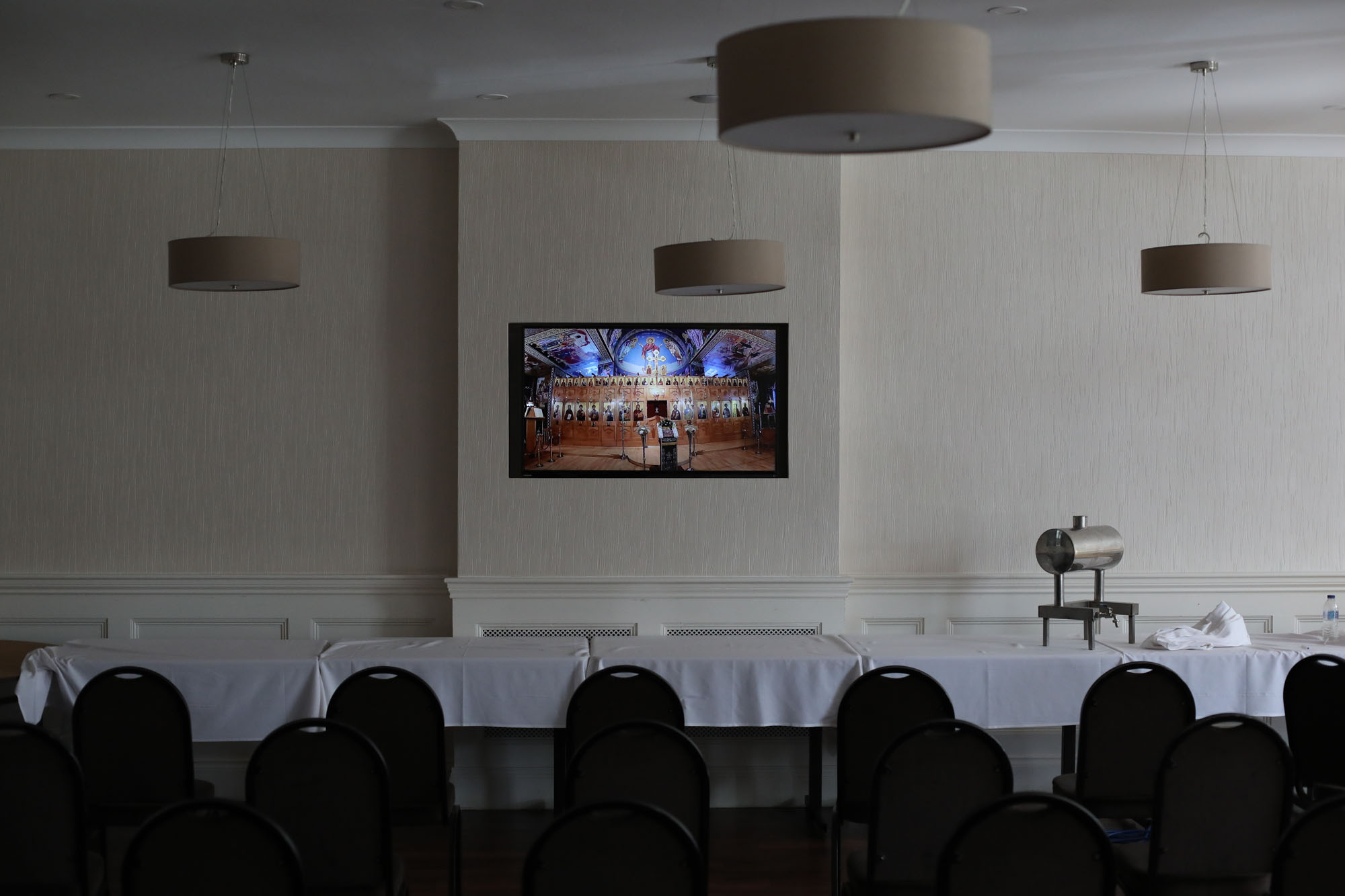
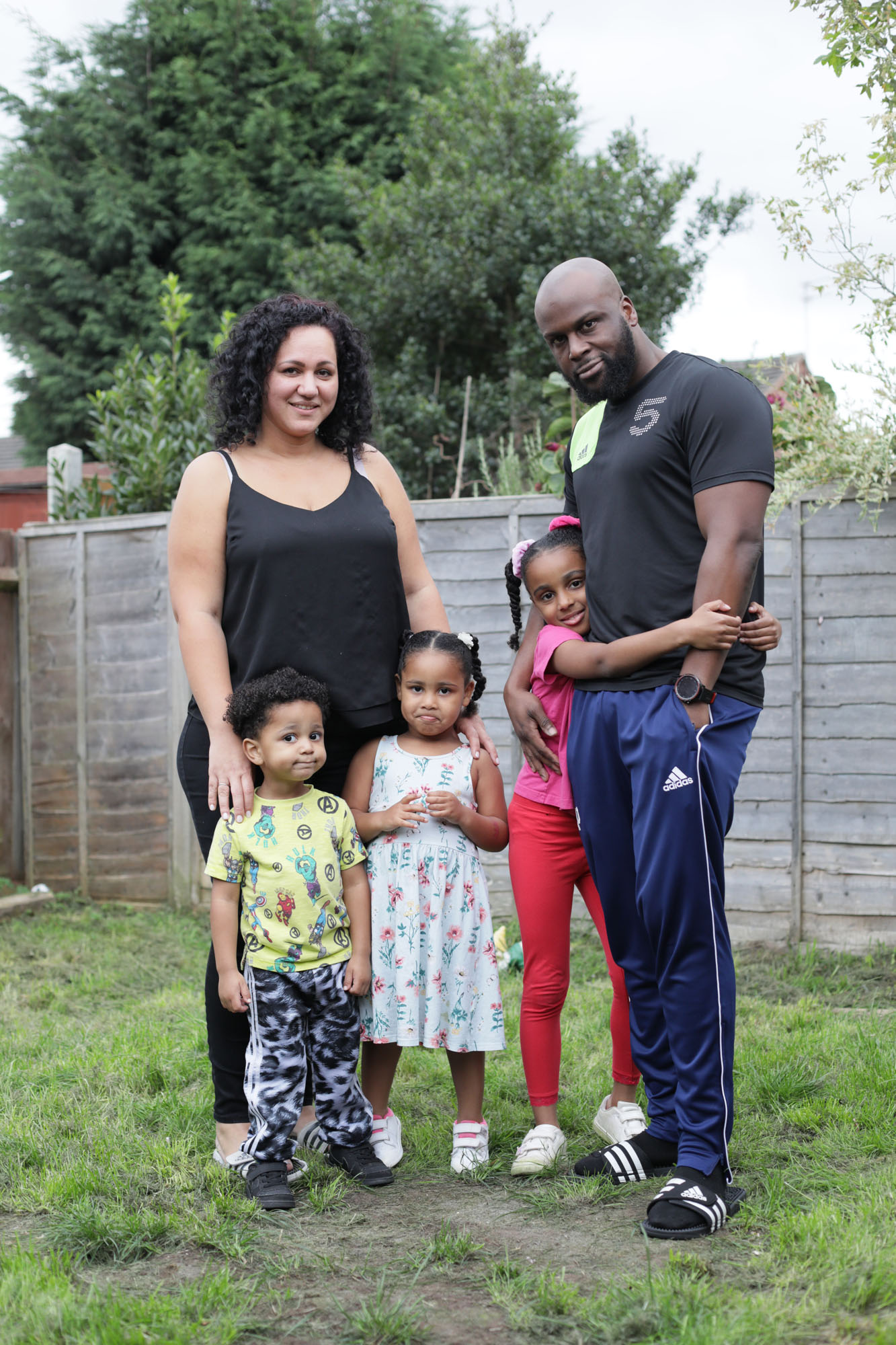

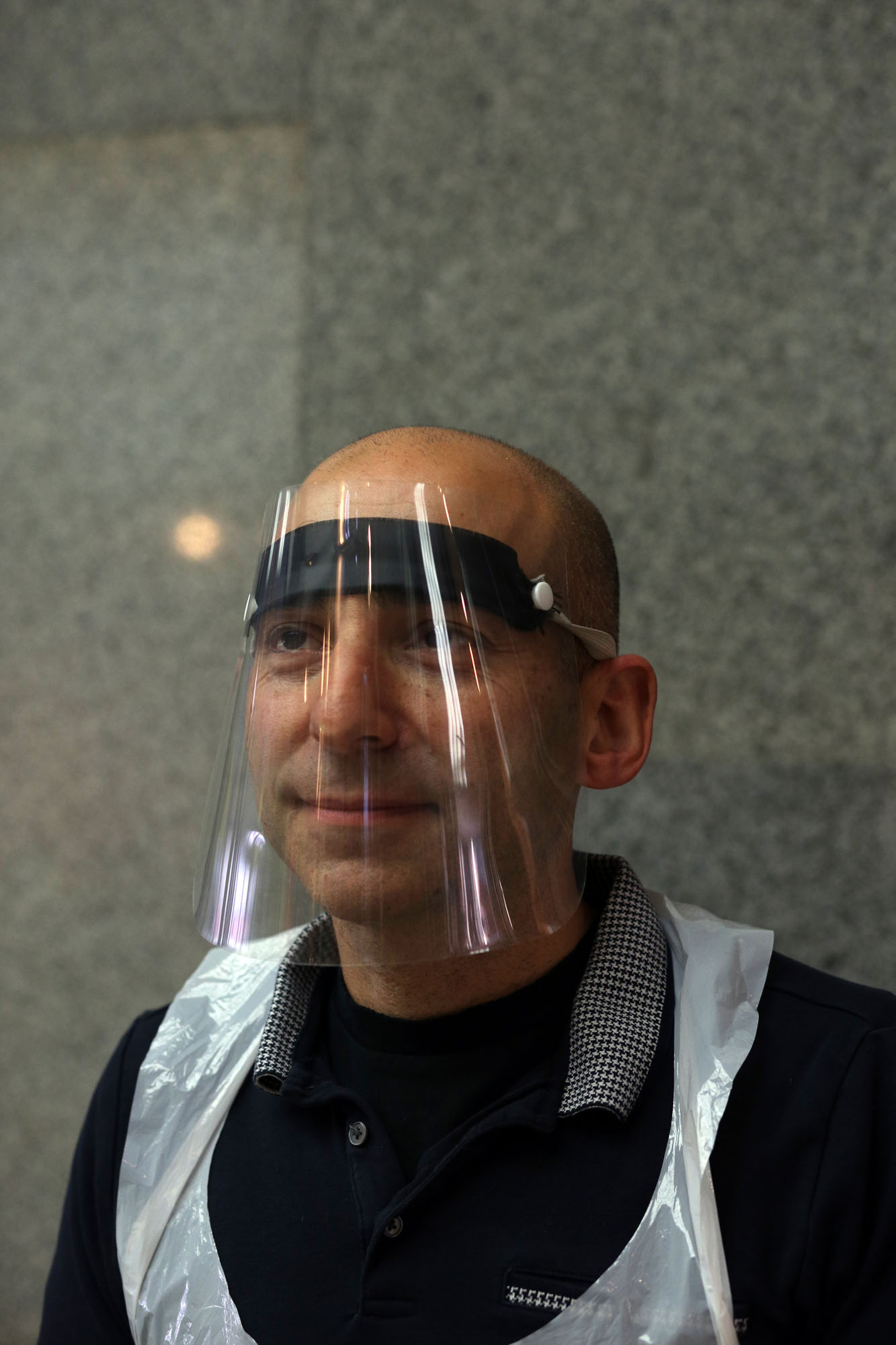
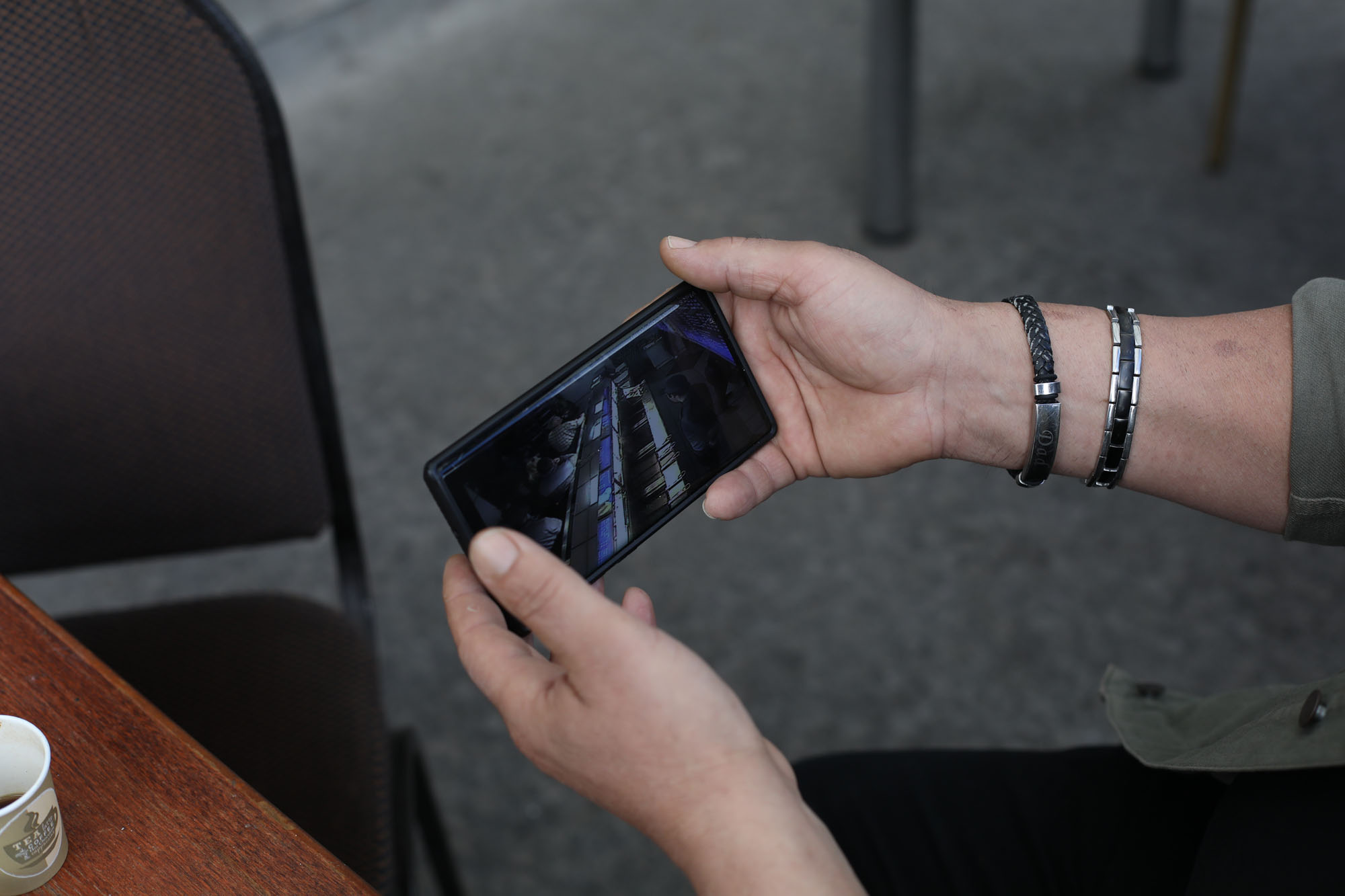



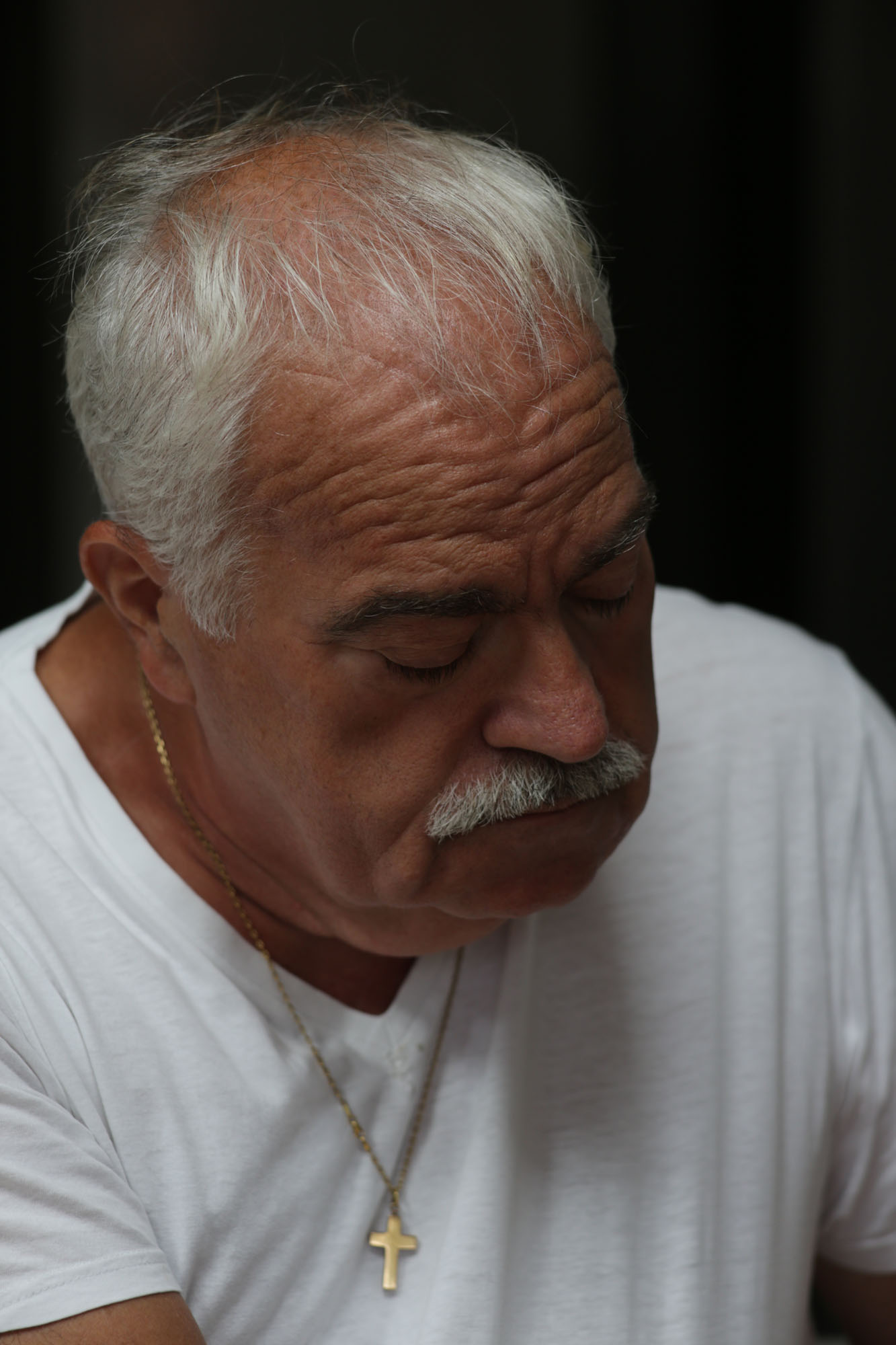

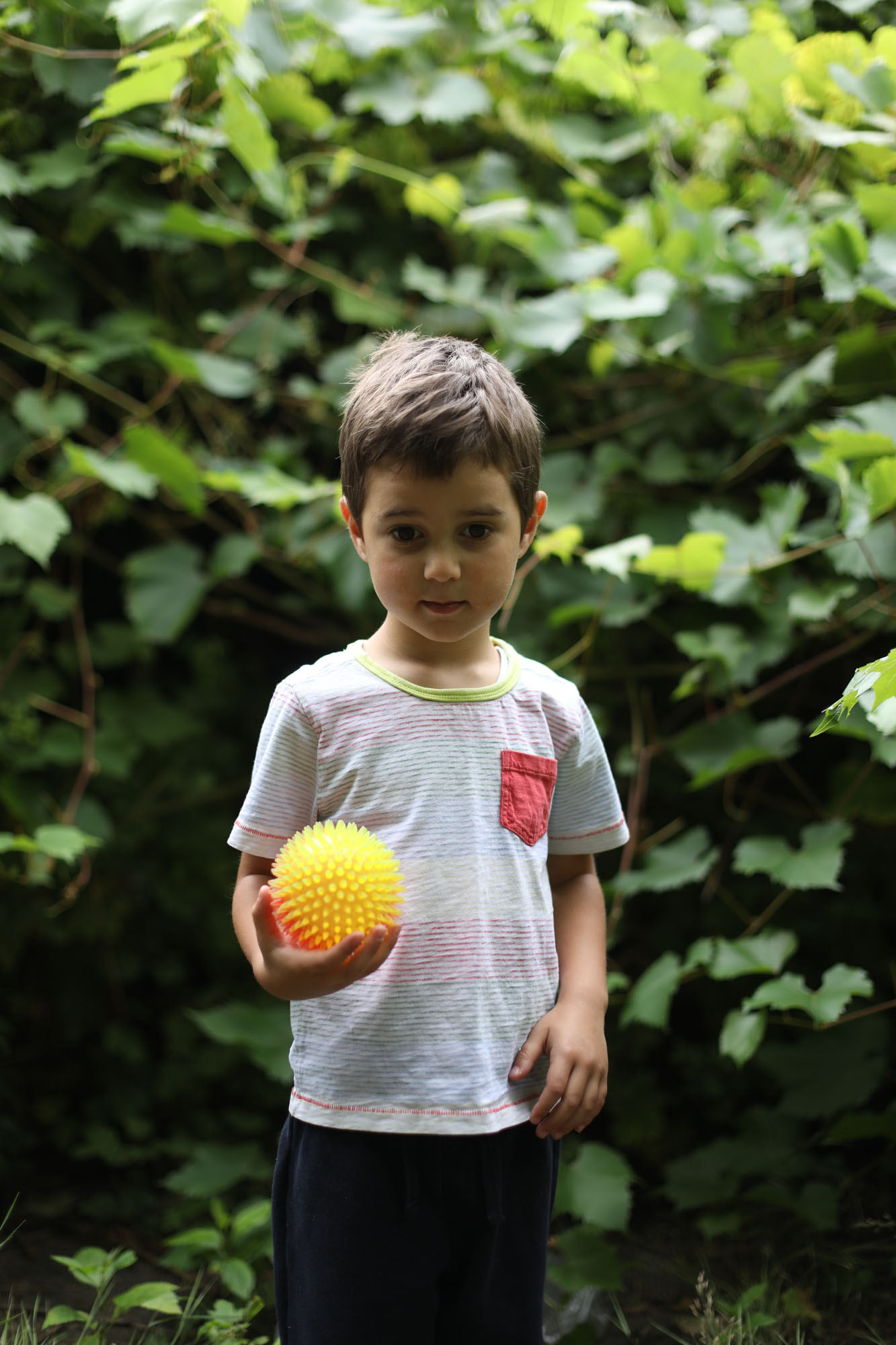





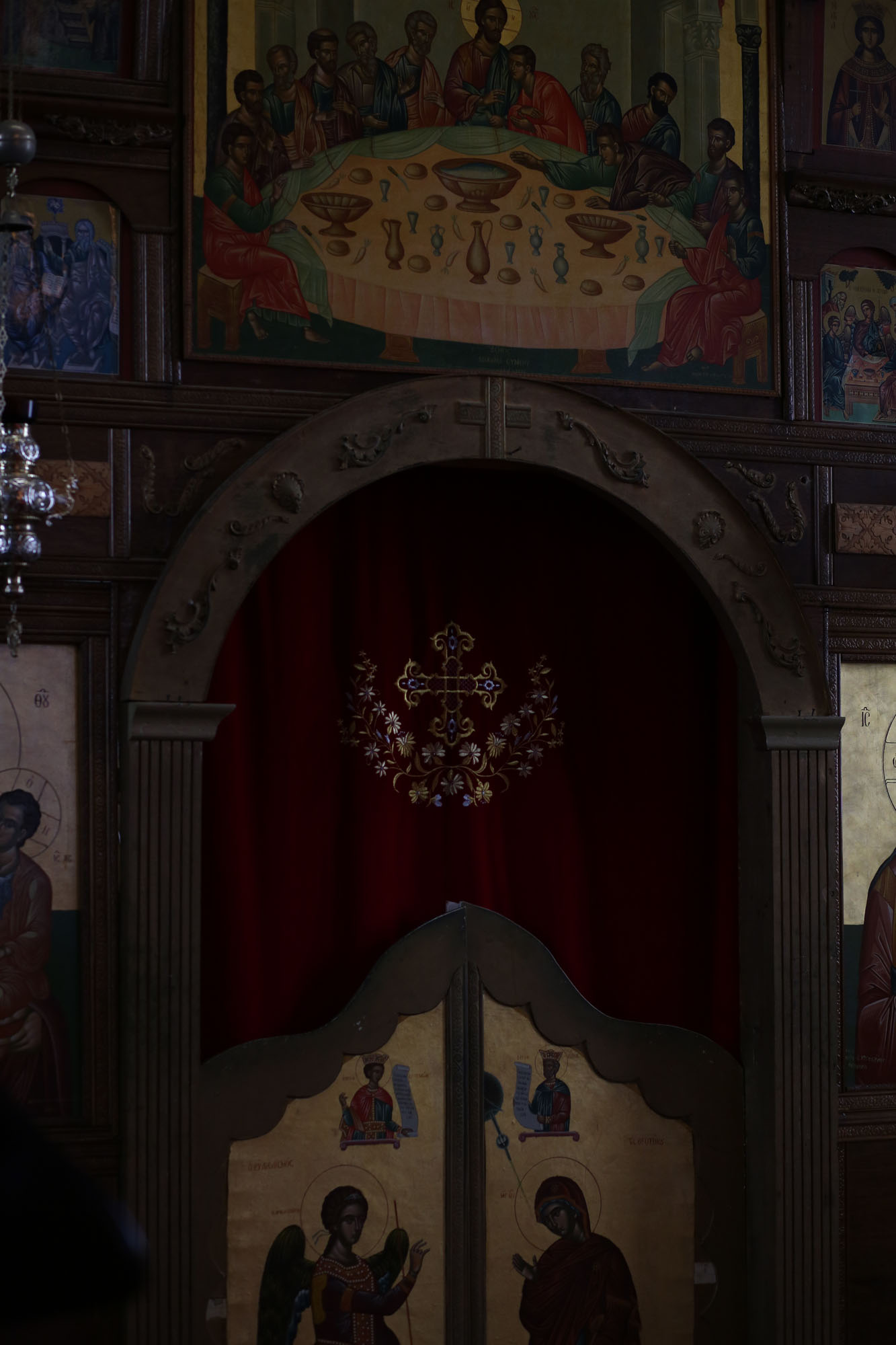
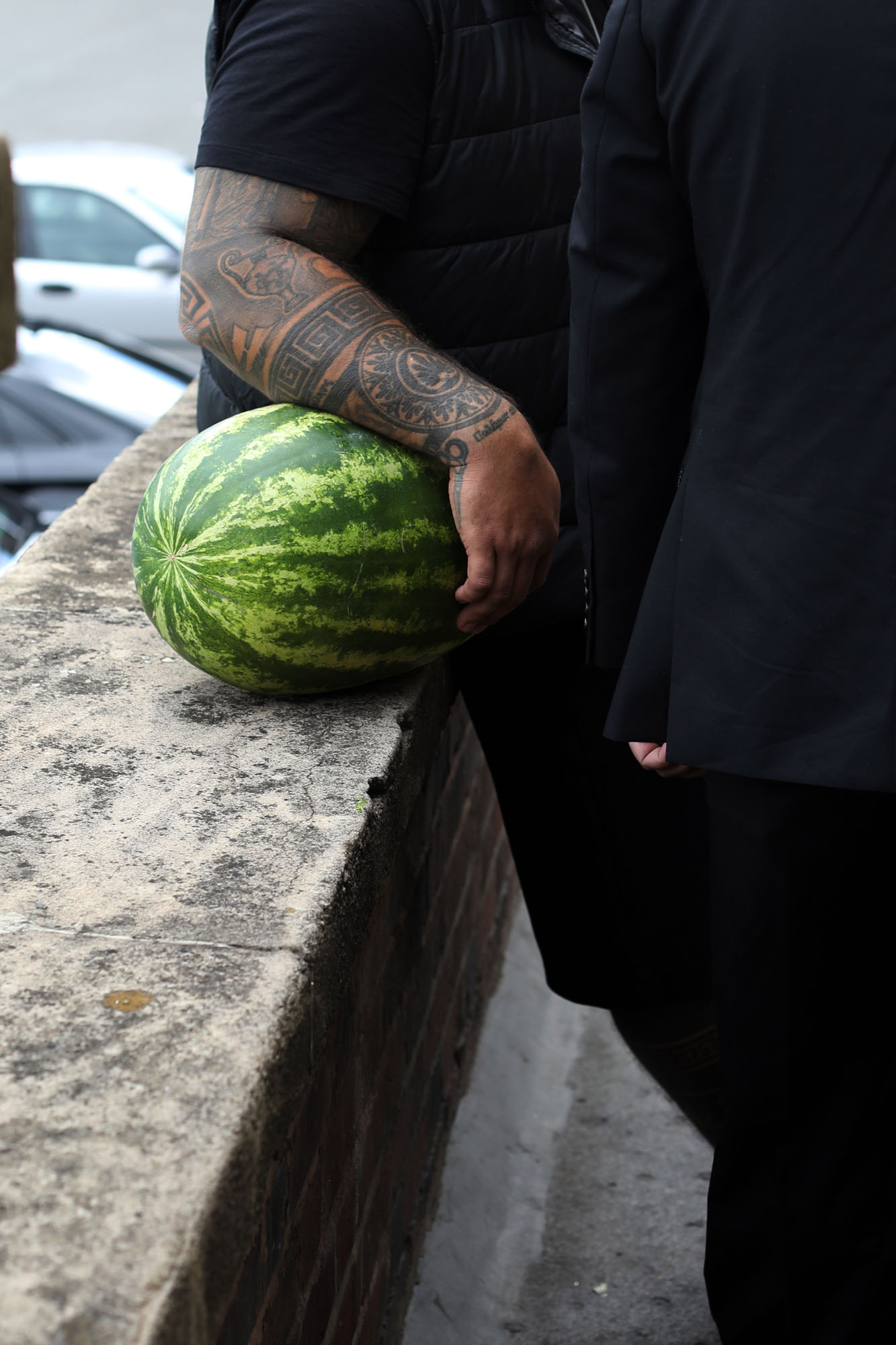

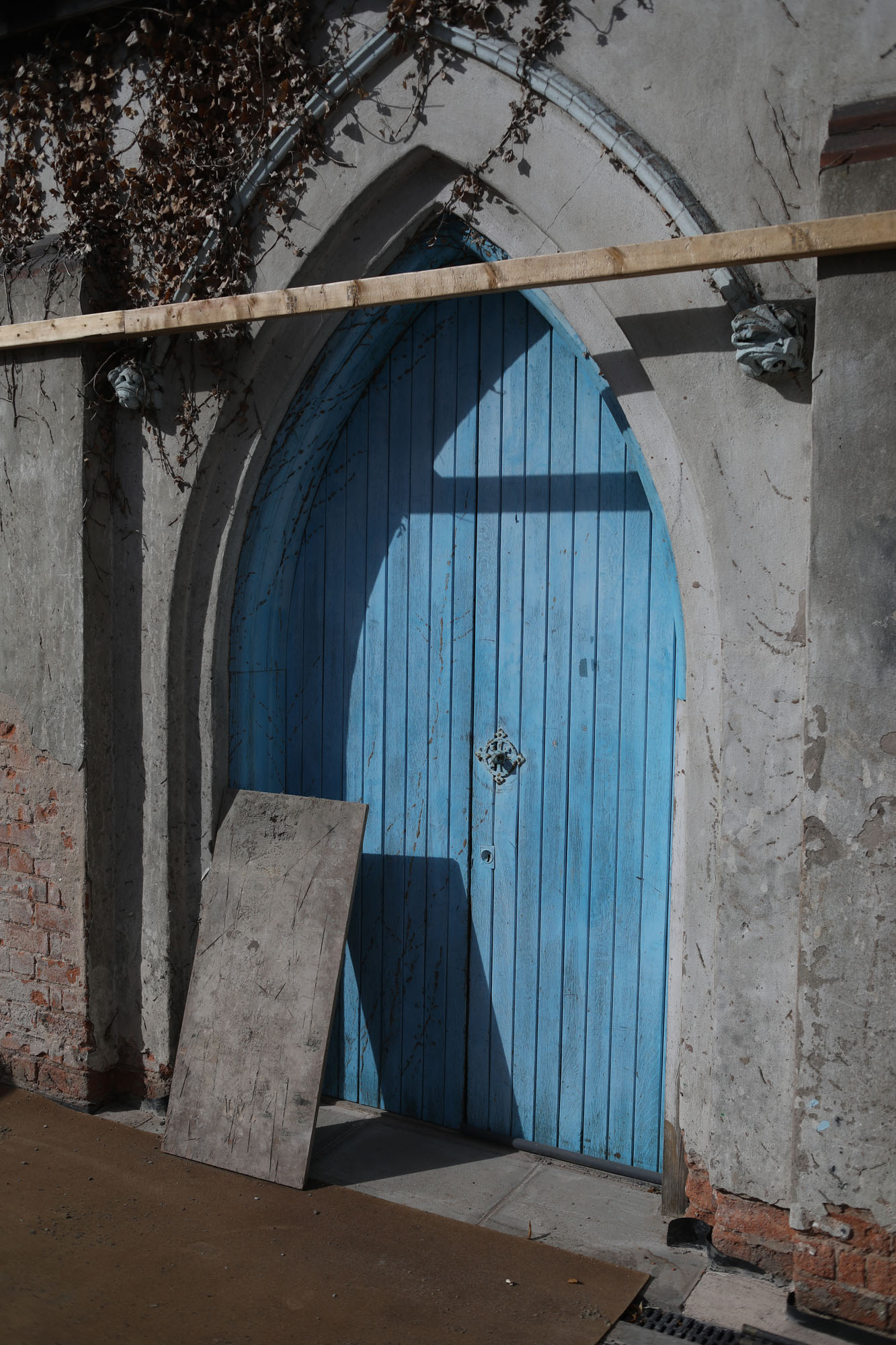
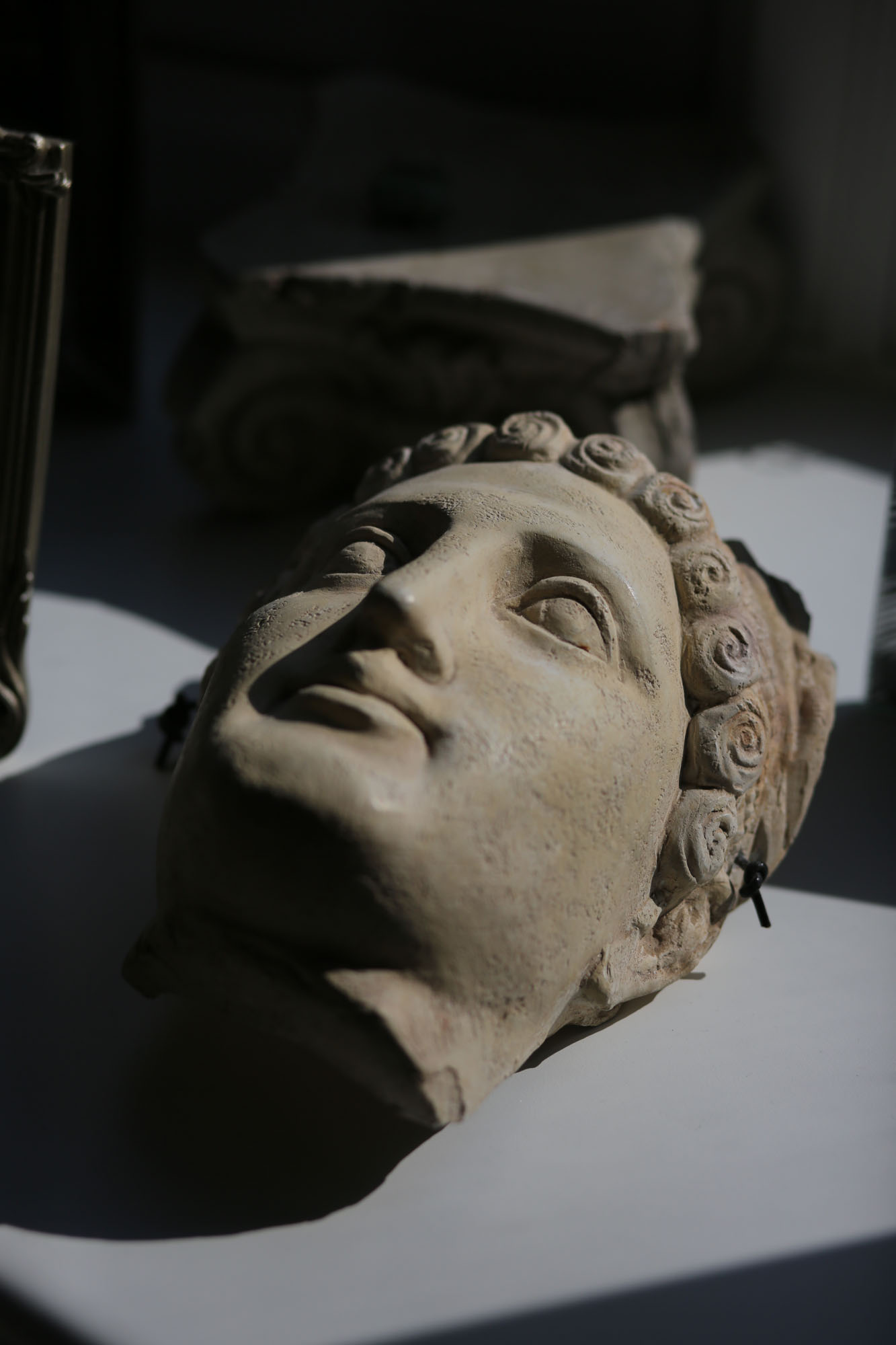


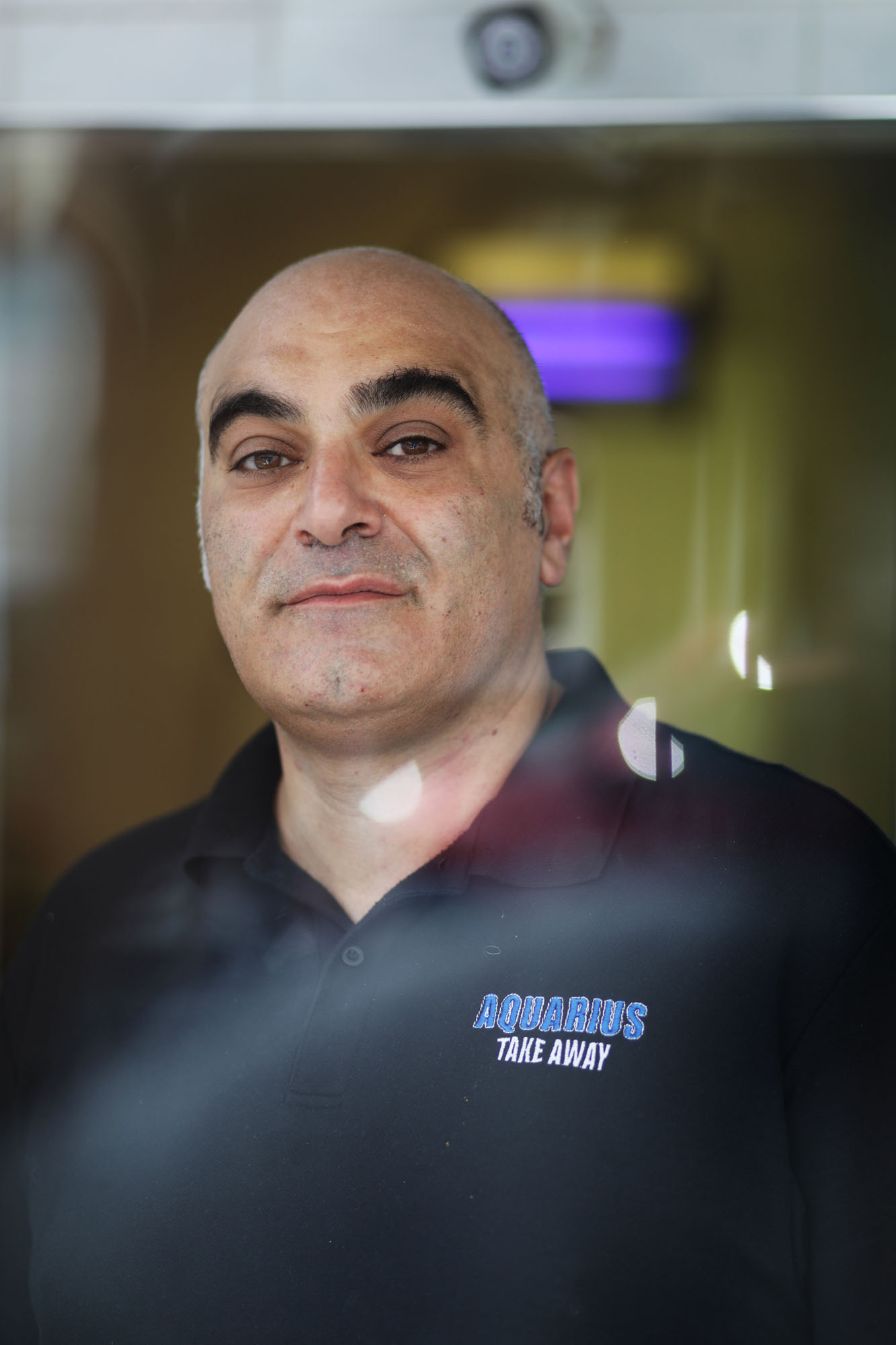
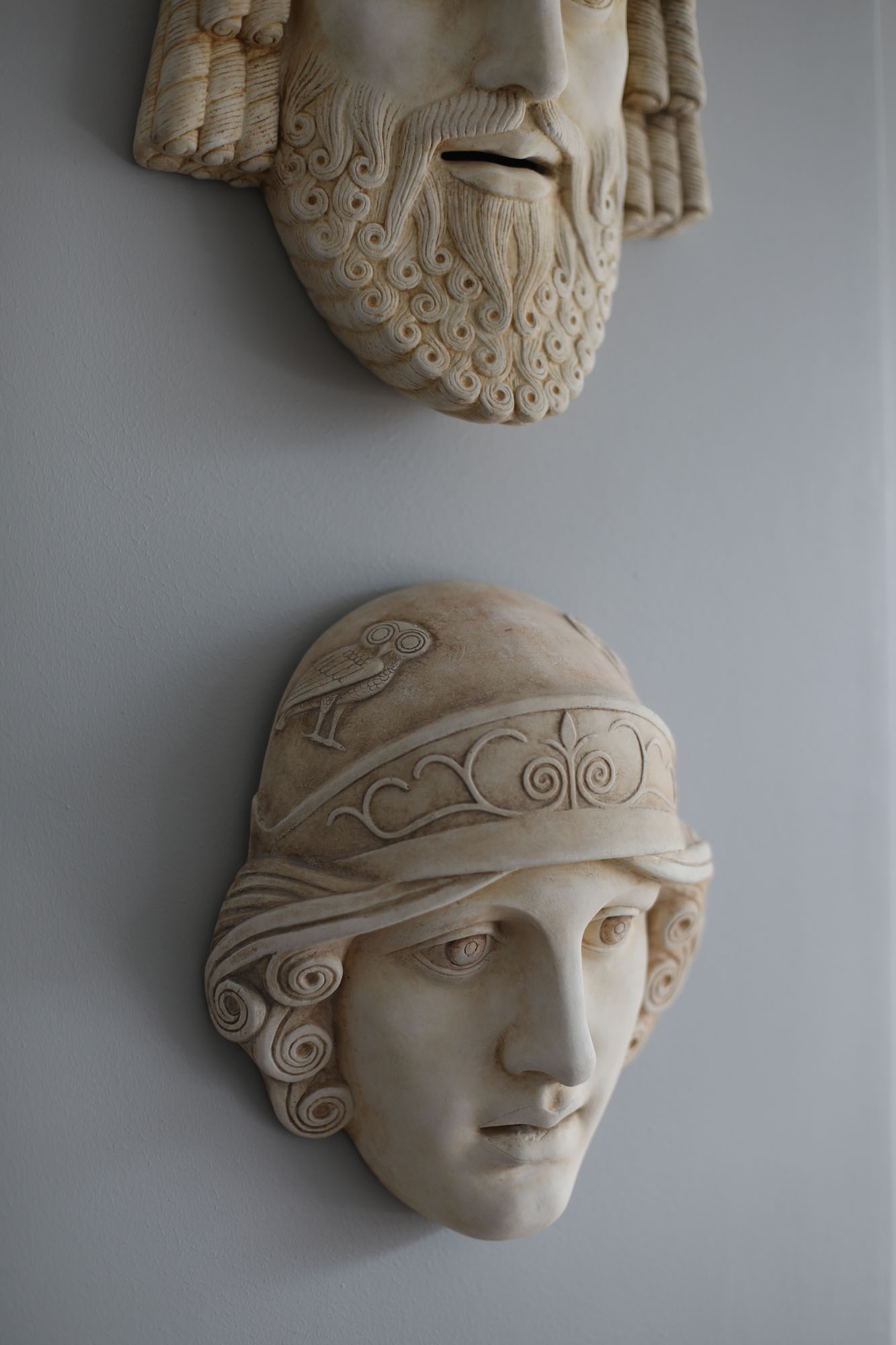
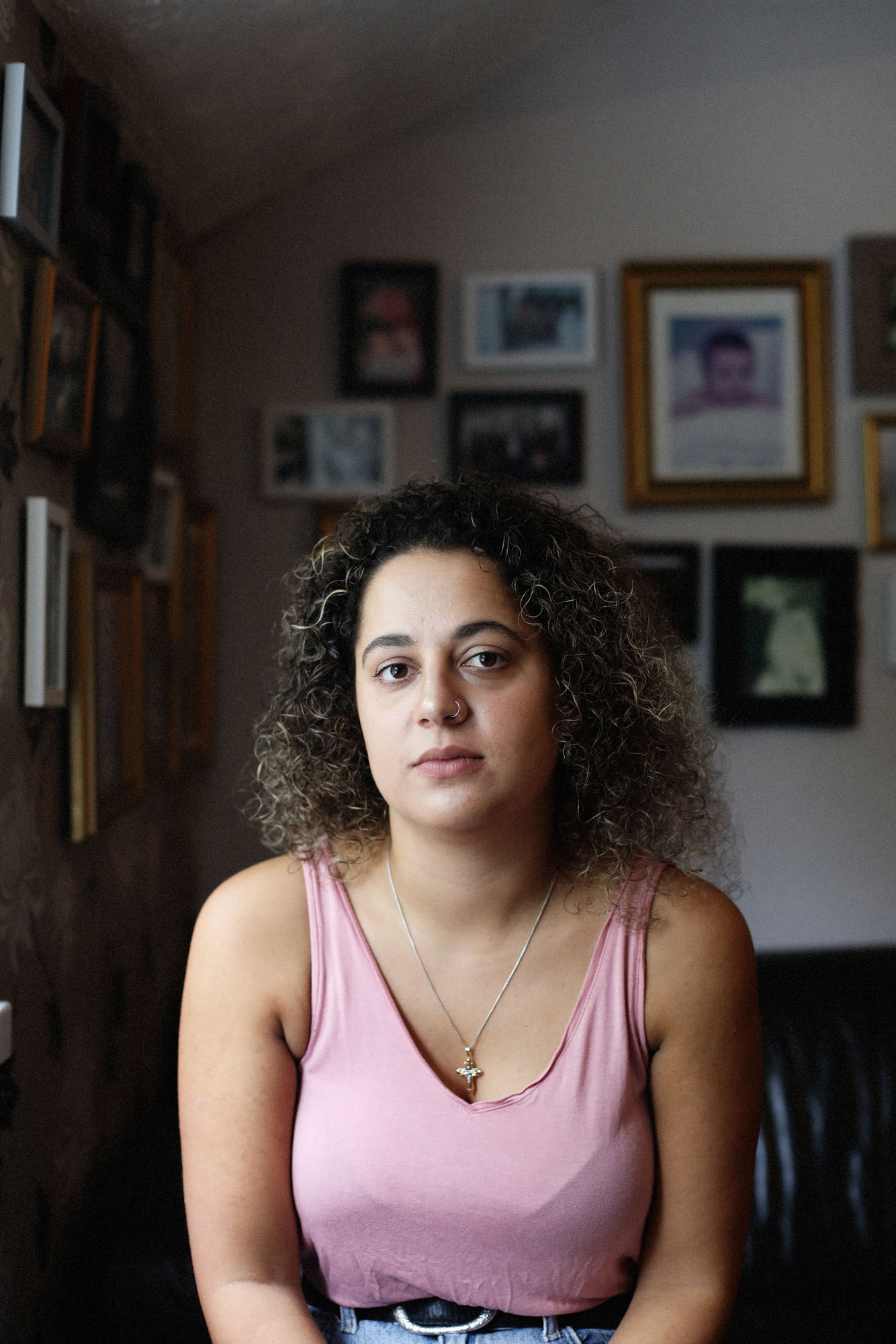
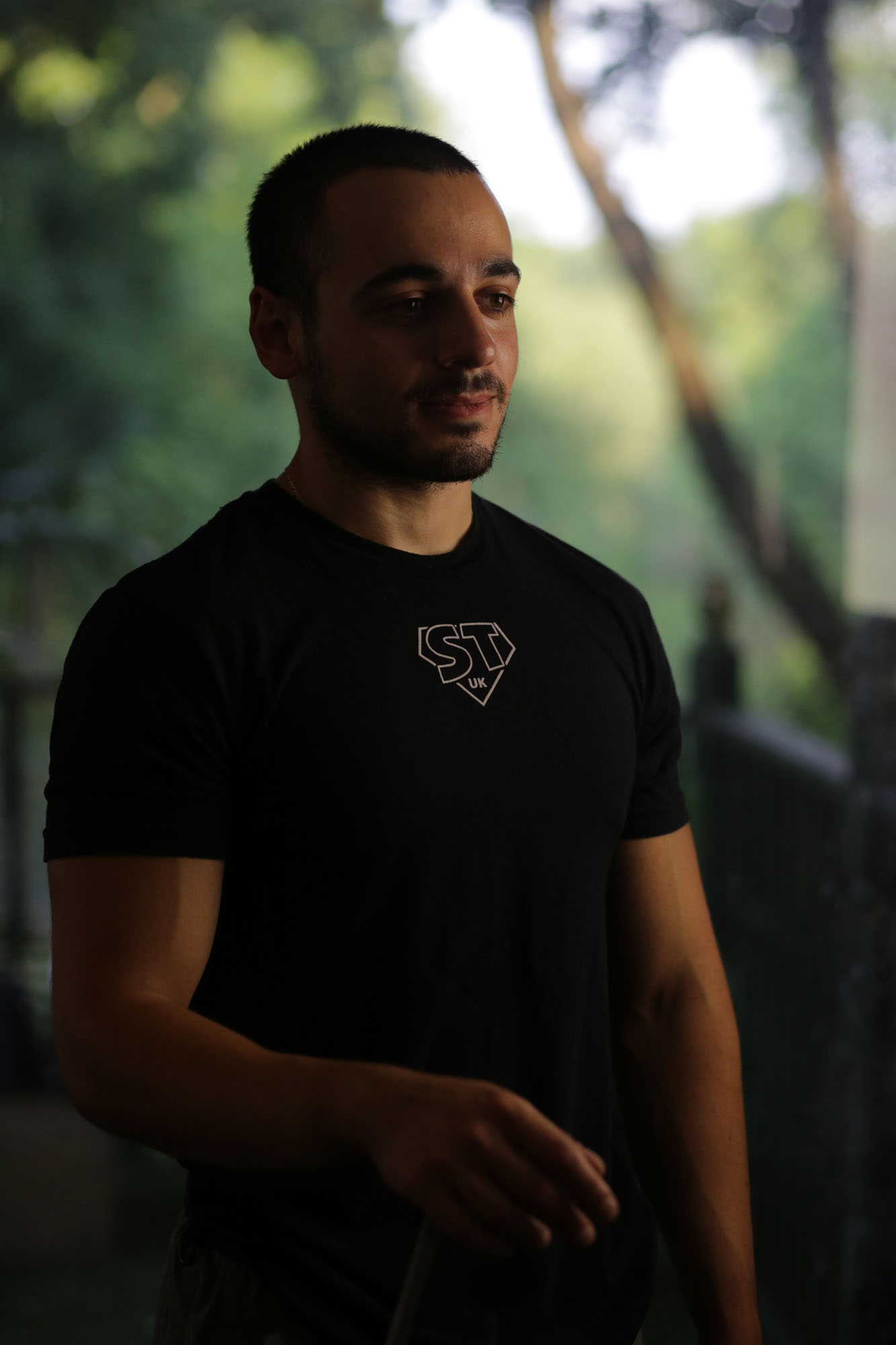
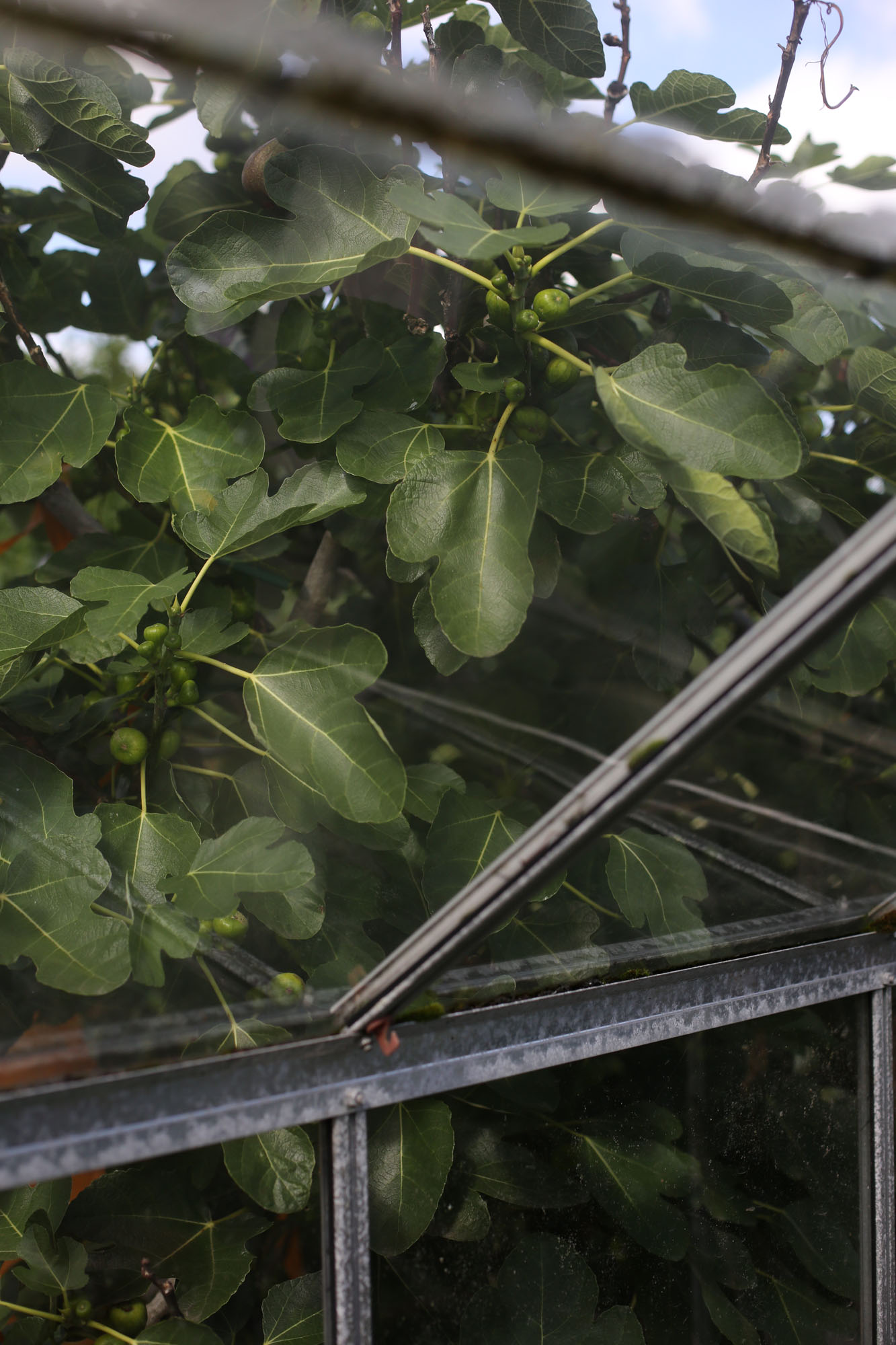
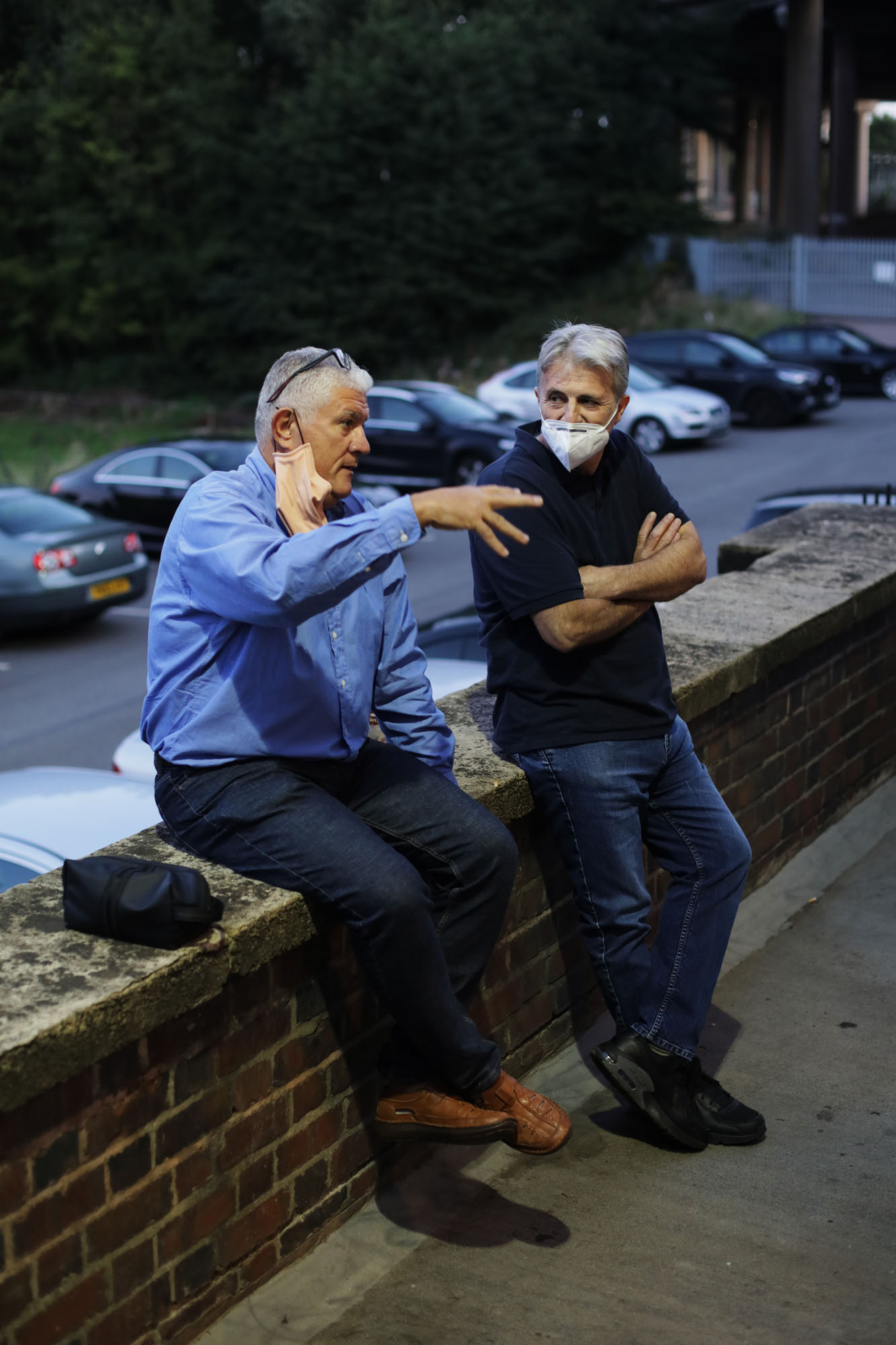
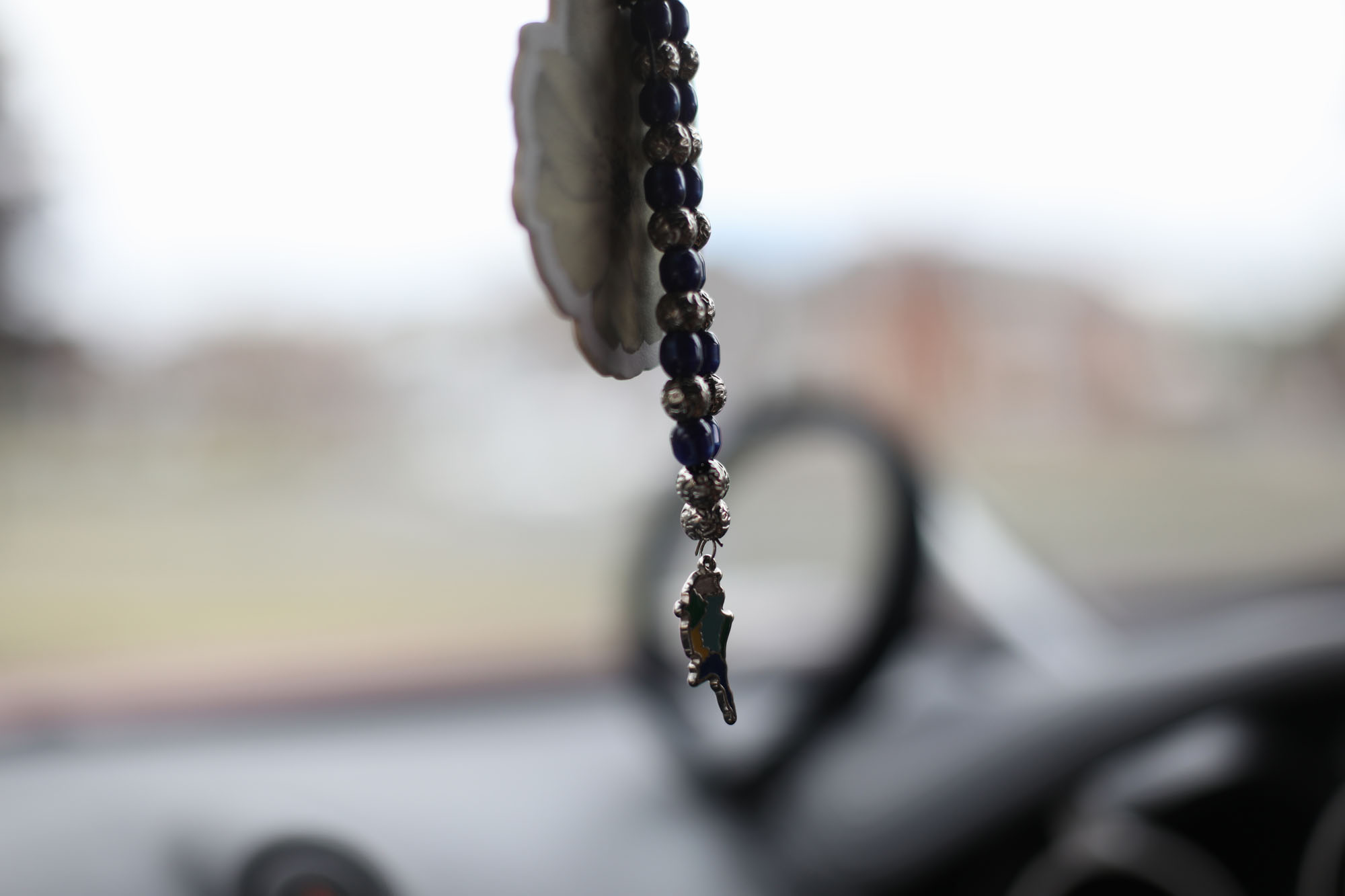
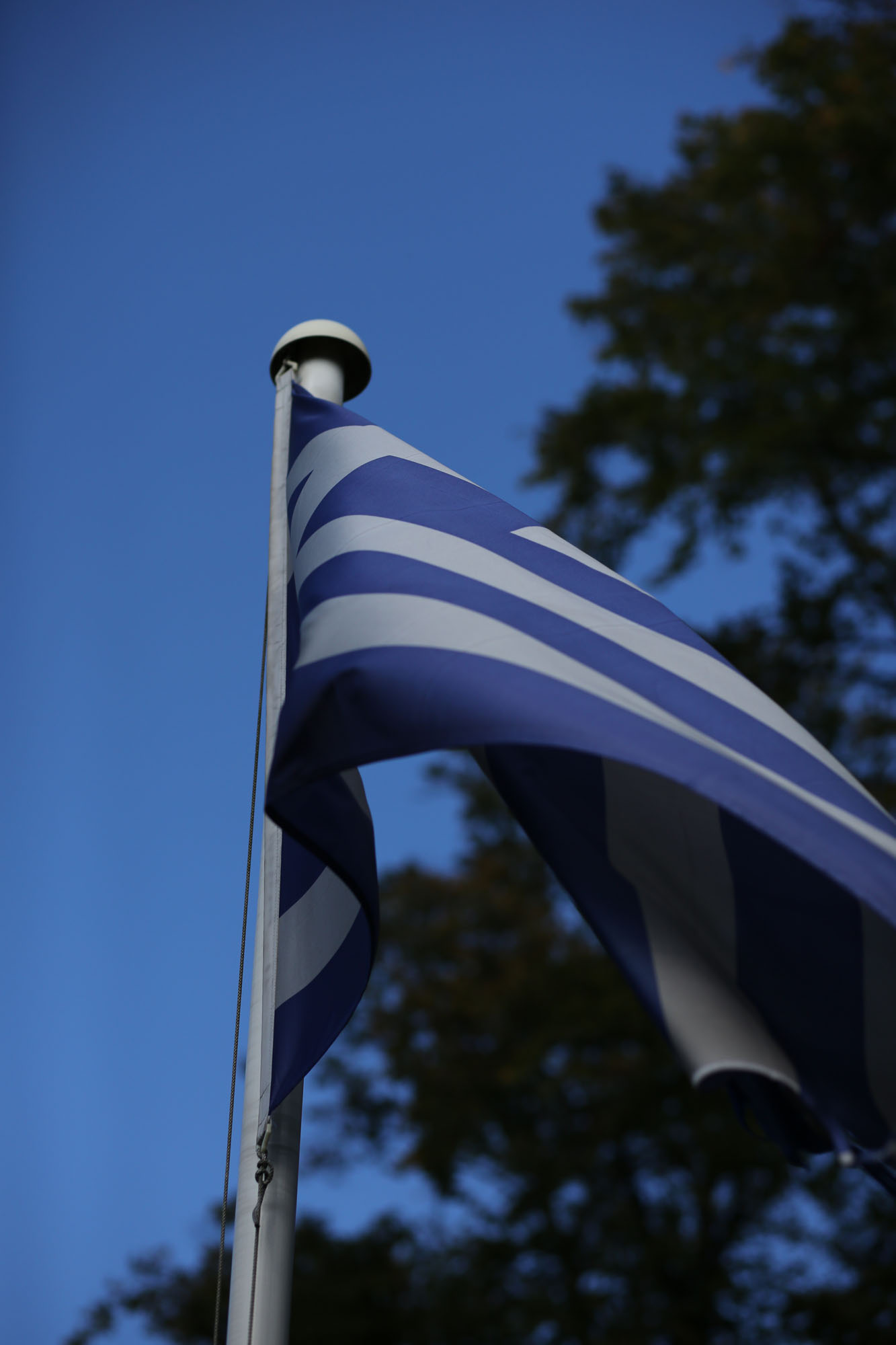
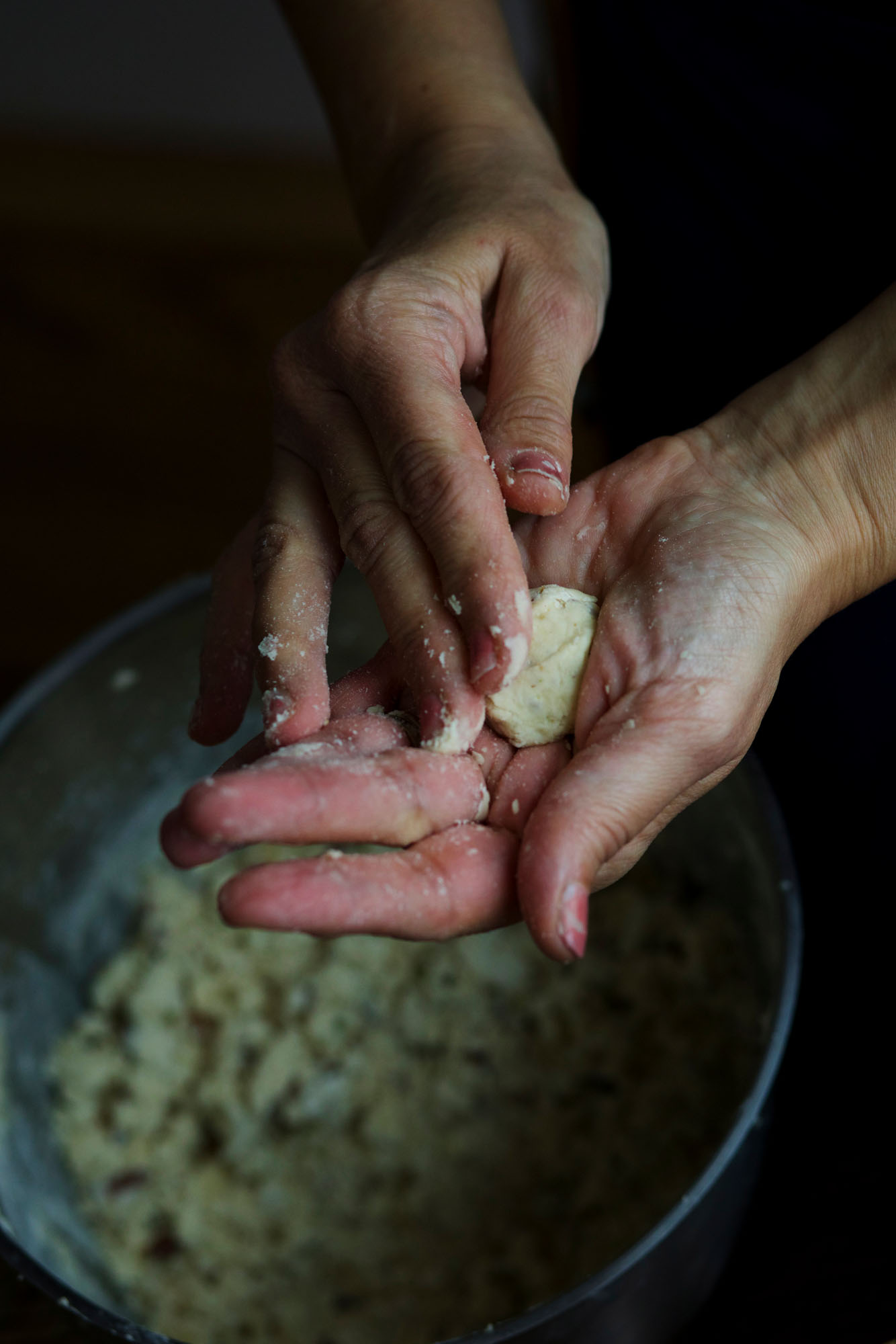
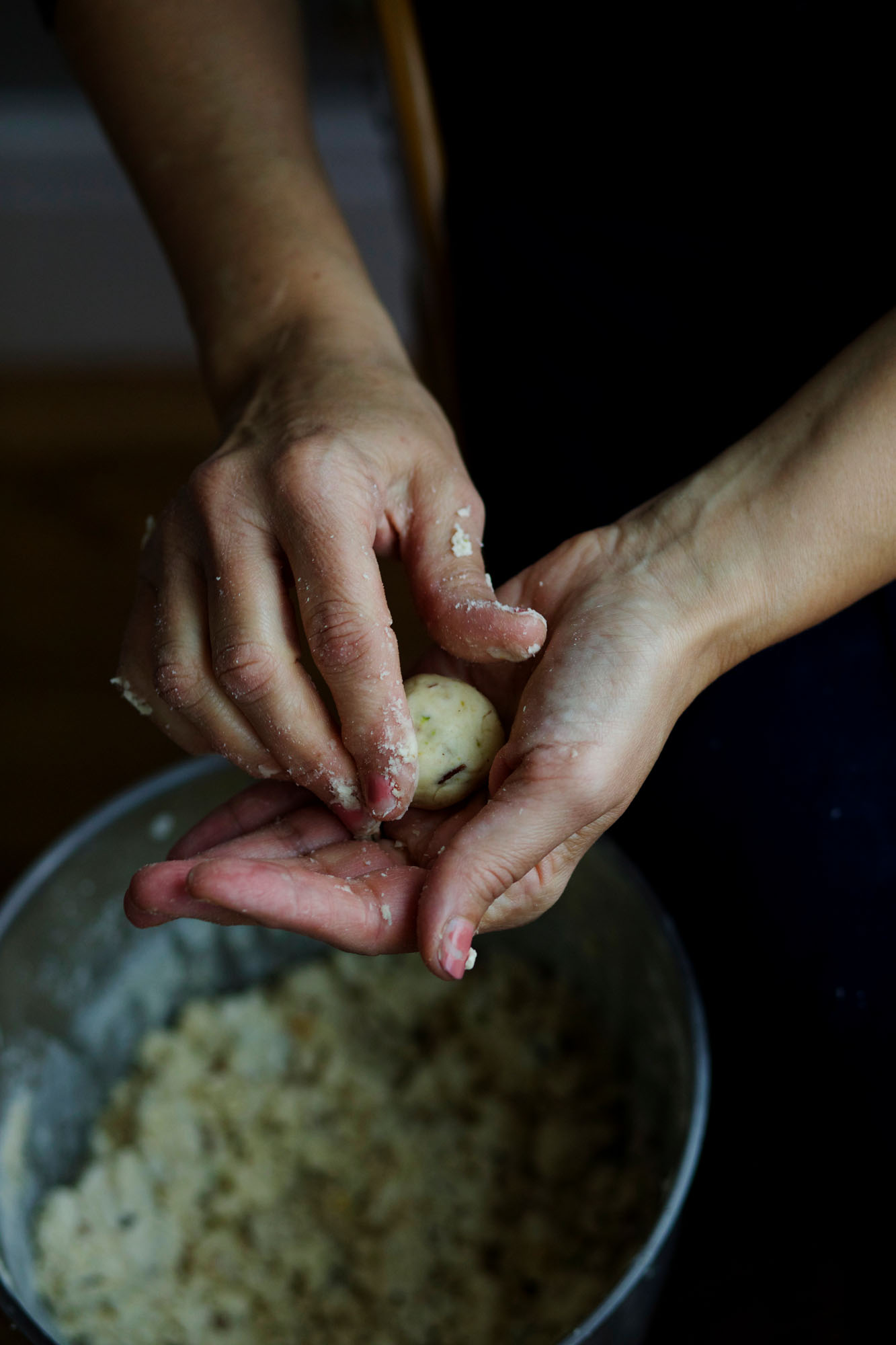
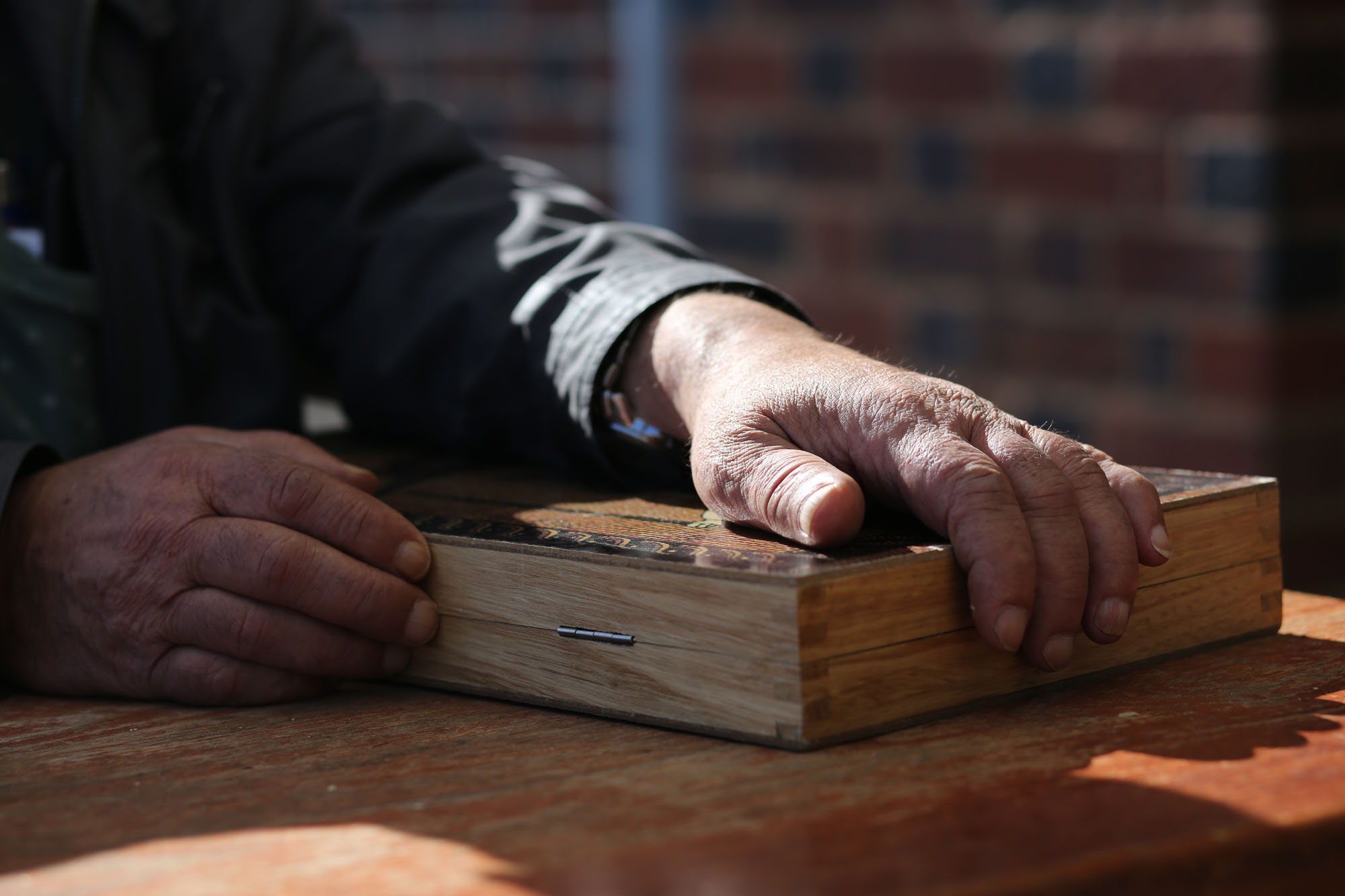
The Planting of a Fig Tree
The term ‘diaspora’ has its etymological roots in the greek word ‘διασπείρω’ (diaspeírō) a word meaning to scatter, ‘dia’ a prefix indicating motion in all directions and speírō, “to sow”. All immigrant communities have a relationship with distance, A sense of both physical and spiritual separation. This distance becomes increasingly intricate with the arrival of each generation, the growth and assimilation of one community into another.
There are more than 300,000 people of Cypriot ancestry in the UK, 15,000-20,000 reside in the midlands, with a thriving community in Birmingham. The Covid-19 crisis brought with it a new form of distance. Families are isolating together and apart, adjusting to changes in working conditions and new challenges are being faced in practising faith and traditions. The community searches for ways to connect. The seeds sown by the first generation and cultivated ever since; the community centre, the churches, the weddings, christenings, the traditions manifested in family dinners, food, music and storytelling; places where that distance could be ever so slightly closed, where home can be found away from home, were now places that lay empty and seemingly lost. Where once people gathered loudly there was a stillness, a quiet emptiness that seems to find its way into these photographs.
It is through Britain’s colonisation of Cyprus that the island's history is so intertwined with that of Britain, and why many Cypriots emigrated to the UK. Even today British bases occupy almost 3% of the island. The history of Cyprus is complex and the island is still dealing with the trauma of imperialism as well as the complex events of 1974 which have left the island divided with the north a de-facto state recognised by Turkey.
Scattered 3373km from Cyprus we have not only planted the seeds of our culture into our community we have in many cases physically planted seeds. Almost every Cypriot I know has a fig tree, almost certainly an olive tree and probably a sprawling grapevine. Although the community may find it difficult to share a crowded dinner table on Sundays or hug and kiss grandchildren after church, it is a shared culture, a shared identity, and a shared relationship with distance that has kept the community together.
The term ‘diaspora’ has its etymological roots in the greek word ‘διασπείρω’ (diaspeírō) a word meaning to scatter, ‘dia’ a prefix indicating motion in all directions and speírō, “to sow”. All immigrant communities have a relationship with distance, A sense of both physical and spiritual separation. This distance becomes increasingly intricate with the arrival of each generation, the growth and assimilation of one community into another.
There are more than 300,000 people of Cypriot ancestry in the UK, 15,000-20,000 reside in the midlands, with a thriving community in Birmingham. The Covid-19 crisis brought with it a new form of distance. Families are isolating together and apart, adjusting to changes in working conditions and new challenges are being faced in practising faith and traditions. The community searches for ways to connect. The seeds sown by the first generation and cultivated ever since; the community centre, the churches, the weddings, christenings, the traditions manifested in family dinners, food, music and storytelling; places where that distance could be ever so slightly closed, where home can be found away from home, were now places that lay empty and seemingly lost. Where once people gathered loudly there was a stillness, a quiet emptiness that seems to find its way into these photographs.
It is through Britain’s colonisation of Cyprus that the island's history is so intertwined with that of Britain, and why many Cypriots emigrated to the UK. Even today British bases occupy almost 3% of the island. The history of Cyprus is complex and the island is still dealing with the trauma of imperialism as well as the complex events of 1974 which have left the island divided with the north a de-facto state recognised by Turkey.
Scattered 3373km from Cyprus we have not only planted the seeds of our culture into our community we have in many cases physically planted seeds. Almost every Cypriot I know has a fig tree, almost certainly an olive tree and probably a sprawling grapevine. Although the community may find it difficult to share a crowded dinner table on Sundays or hug and kiss grandchildren after church, it is a shared culture, a shared identity, and a shared relationship with distance that has kept the community together.
